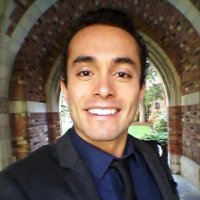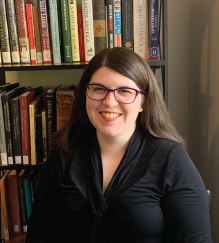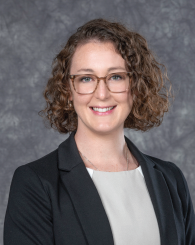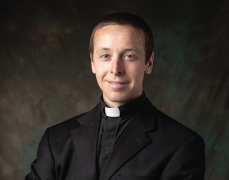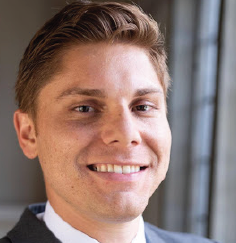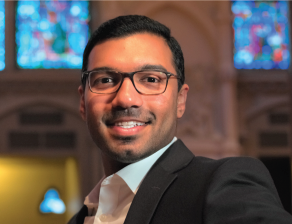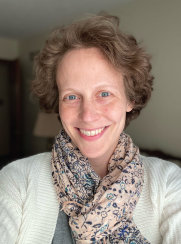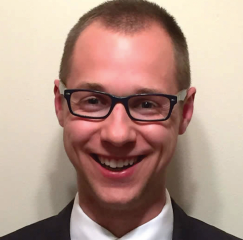Hank Fellowships in the Catholic Intellectual Tradition
The fellowships encourage and support graduate students in their exploration of the Catholic intellectual tradition in its many disciplinary and creative forms—in theology and philosophy, literature and the arts, natural and social sciences, social movements and culture, pedagogy and pastoral life. Awards may be used either to support award recipients directly, or for expenses such as research-related travel, data work/collection, and supplies. These awards by and large are meant to support the writing of doctoral dissertations, but a percentage of MFA work may be funded as well. Awards may not be used to pay tuition or academic fees.
Fellowship applications are due March 15, 2025, and can be submitted through our submissions platform.
Requirements
-
Students must be enrolled in a U.S. graduate school doctoral or MFA program for the fellowship year.
-
All pre-dissertation requirements (or equivalent, for MFA) and general examinations must be completed before the start of the fellowship year.
-
Applicants must be working on issues that focus prominently on the Catholic Intellectual Tradition.
The applicant must complete an online application, which includes the following components:
-
Current curriculum vitae
-
A letter of interest that outlines the ways the applicant's work approaches and relates to the Catholic intellectual tradition (no more than 1500 words)
-
Dissertation or MFA prospectus (no more than 3500 words)
-
Graduate transcripts from current institution
Additionally, as part of the application process, applicants will be prompted to request three letters:
-
Two confidential letters of recommendation, including one from the applicant’s dissertation advisor (or equivalent)
-
A progress toward degree report signed by the director of graduate studies or an academic dean from the student’s graduate institution
In addition to the final report, Fellows will complete a report one year after their Fellowship, and be asked to share completed dissertations or MFA projects upon their completion in order to build-out the Hank Fellowship/ Catholic Intellectual Tradition Archive.
-
Attend two Zoom meetings, one at the beginning and the other at the end of the Fellowship period. These meetings, hosted by the Hank Center Leadership Team, will introduce Fellows to the work of the Hank Center, and begin building a cohort among selected Fellows.
-
Submit a final report at the end of the Fellowship period.
-
Submit an additional progress report one year after the completion of the Fellowship period.
-
Share any completed dissertation or MFA projects, along with any publications, that result from work completed during the Fellowship period.
Fellowship applications are due at 11:59pm (central time) on March 15, 2025, and must be submitted through our submissions platform.
Please direct any questions to Associate Director of the Hank Center, Joe Vukov, at jvukov@luc.edu.
Summer 2024 Fellows
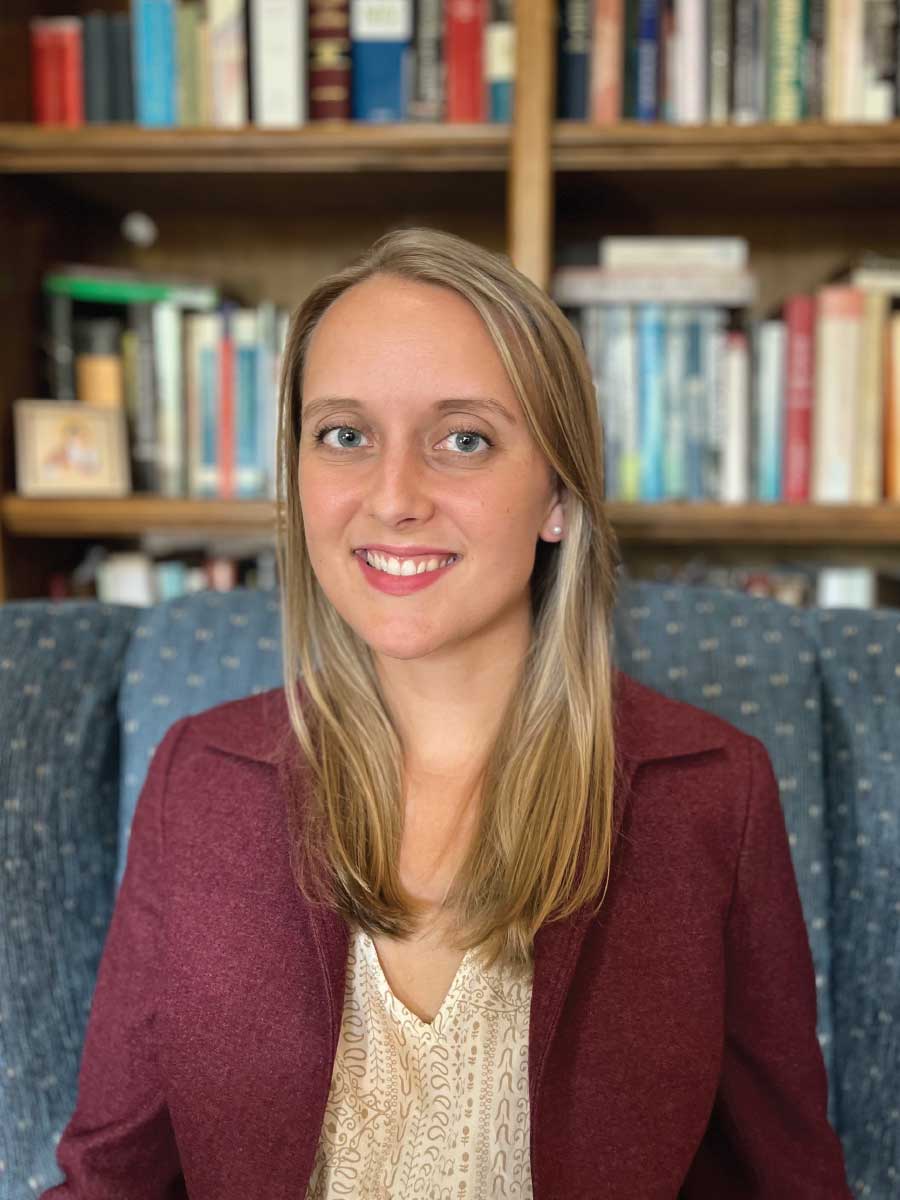 |
Lauren Beversluis is a Ph.D. candidate in the History of Christianity at the University of Chicago Divinity School. There she also received her M.A. in Religion, and she holds a B.A. in political philosophy from Yale University. Her research interests include (in early Christianity and late antiquity): visual and material culture, biblical exegesis, funerary culture and the cult of the saints, the rhetoric of martyrdom, storytelling and the rise of Christianity, and the reception of St. Peter. Her dissertation is titled “Stumbling Sage, Humbled Apostle: Exploring the Complex Figure of Peter in Early Christian Visual Culture.” In it she examines how the figure of Peter emerged and developed iconographically in the third- through fifth-centuries, focusing primarily on sarcophagi in Rome. One of the first and most popular images of the prince of the apostles is of Peter receiving a rebuke from Christ regarding his denial. Other images in the Petrine cycle depict the dominus legem dat, Peter’s imitation of Moses in striking water from the rock, and Peter’s imitation of Christ in his arrest, each of which underscore Peter’s humility and apostolicity in different ways. She argues that, paradoxically, an emphasis on the ordinariness, humiliation, and silence of Peter bolstered his popular cult and ecclesial authority. |
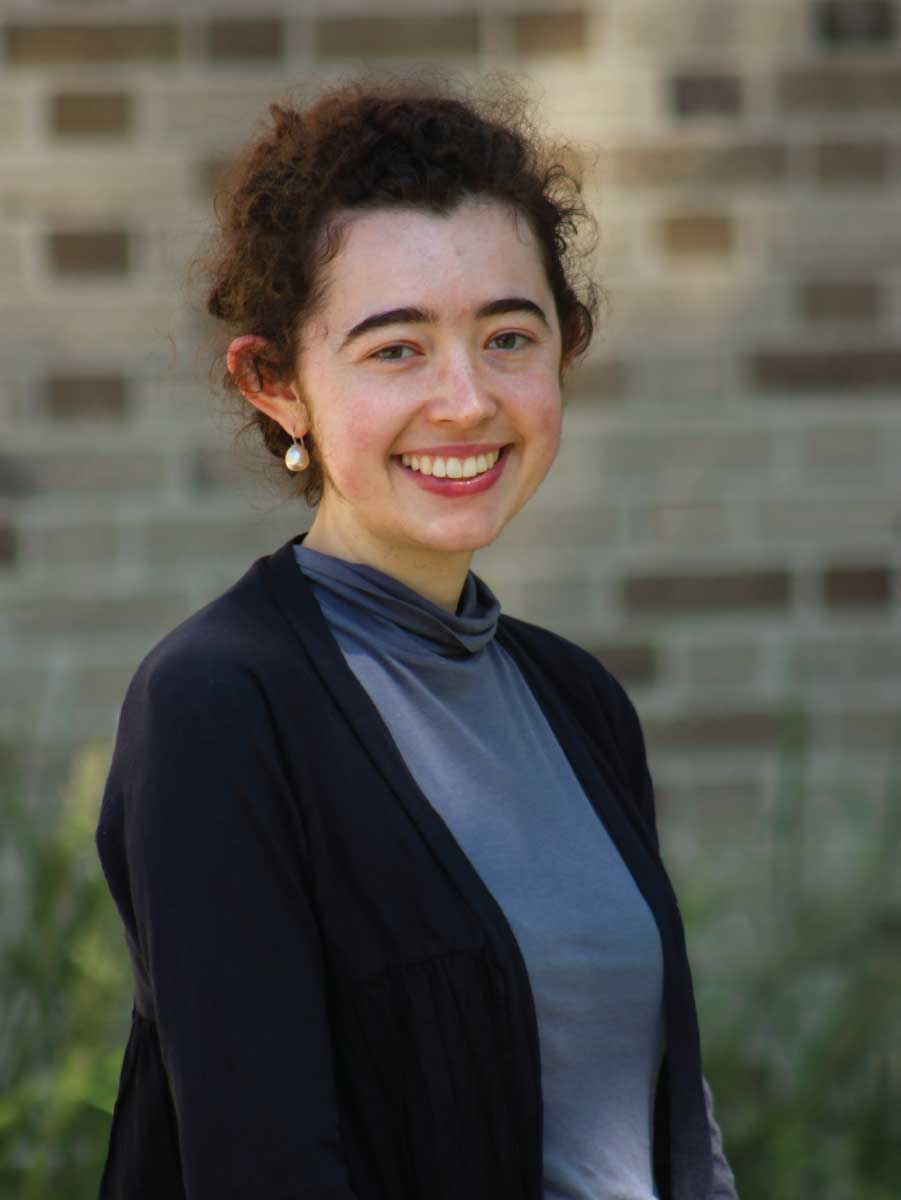 |
Cait Lemos is a Ph.D. candidate in the Theology Department at the University of Notre Dame. She holds an M.T.S. from Notre Dame and a B.A. in philosophy from the University of Chicago. Cait’s dissertation considers Thomas Aquinas’s thesis that human positive law cultivates virtue in light of current assessments of law’s impact on actions and character. Her dissertation seeks to affirm Aquinas’s position that law is a pedagogue in virtue, rather than merely a tool of force, and does so through a distinctive methodology, namely, by identifying recent accounts of law’s impact on moral formation that can be translated into an account of growth in virtue, and then offering that translation, relying on a vision of growth supplied by Thomas. This dissertation aims to renew confidence in law as a teacher of virtue, especially in light of both the need for harmonious democratic societies and a renewed appreciation for civic virtue, even after John Rawls’ influential perspective that justice is a virtue primarily of institutions rather than persons. Cait’s research interests extend across the areas of virtue ethics, Thomistic and Augustinian political thought, and bioethics. |
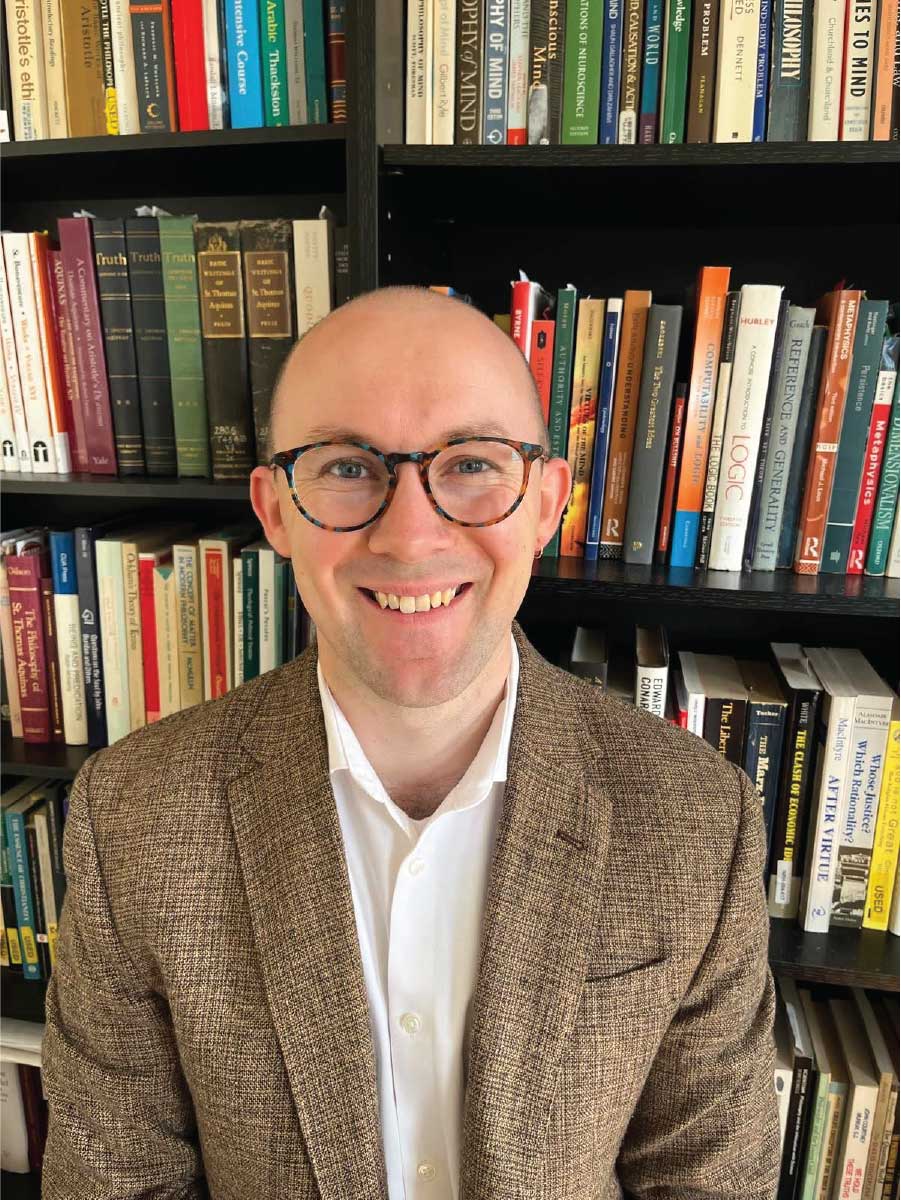 |
Matthew Glaser is a PhD Candidate in Philosophy at Fordham University in the Bronx. He received his B.A. in Philosophy and Economic Analysis from Gustavus Adolphus College in 2016 and his M.A. in Philosophy from Fordham in 2020. The Hank Fellowship will support Matthew’s research and dissertation work over the summer and fall of 2024. His research engages contemporary epistemology and philosophy of mind drawing on the history of philosophy, particularly Thomas Aquinas. His dissertation, titled “A Thomistic Account of Self-Knowledge and Its Value”, aims to address both contemporary epistemologist on the topic of self-knowledge and to expand the scope of contemporary philosophical interests in self-knowledge through defending Aquinas’s conception of self-knowledge. Contemporary epistemologists are often interested in self-knowledge in the sense of knowing one’s own mental states and questions related to such knowledge. Thus, one part of Matthew’s research focuses on addressing questions regarding the epistemology of how we know our psychological states such as whether we know our psychological states “better” than others and whether such knowledge is acquired in a unique way. In contrast to this way of thinking about self-knowledge, Thomas Aquinas, like many other thinkers in the Catholic intellectual tradition, sees self-knowledge as concerned with knowing one’s nature as a created human being. Thus, another part of Matthew’s research focuses on defending this conception of self-knowledge and bringing it into dialogue with contemporary philosophers interested in the value of self-knowledge and its place in our lives. |
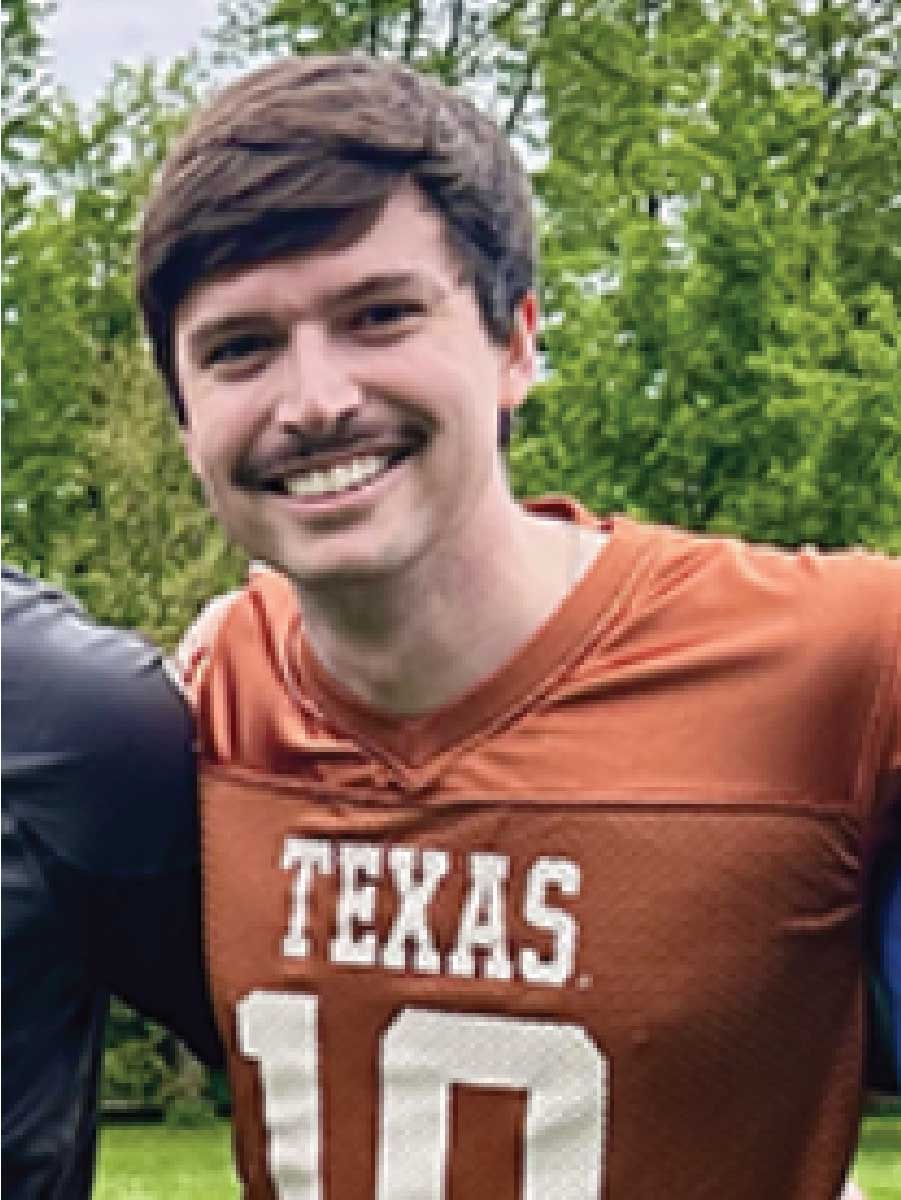
|
Mark Gorthey is a PhD Candidate in Philosophy at Northwestern University. Before coming to Northwestern, he received an M.A. from the University of Chicago and a B.A. from Columbia University. He is currently working on his dissertation, titled “Beyond the Sacred and Profane: On the Ethics of Secularization.” The dissertation analyzes some of the key debates over secularization within contemporary critical social theory and ethics, focusing on the recent work of Jürgen Habermas and Charles Taylor. It argues that the main approaches to theorizing secularization and its ethical consequences fall short because: (i) they remain in the grip of Max Weber’s narrative of secularization as a kind of disenchantment, and (ii) they rest on a faulty understanding of the relationship between “the right” and “the good” in philosophical ethics. To resolve both issues, the dissertation offers an alternative approach which draws on the work of prominent thinkers in Catholic moral philosophy and the sociology of religion, such as Hans Joas and José Casanova. |
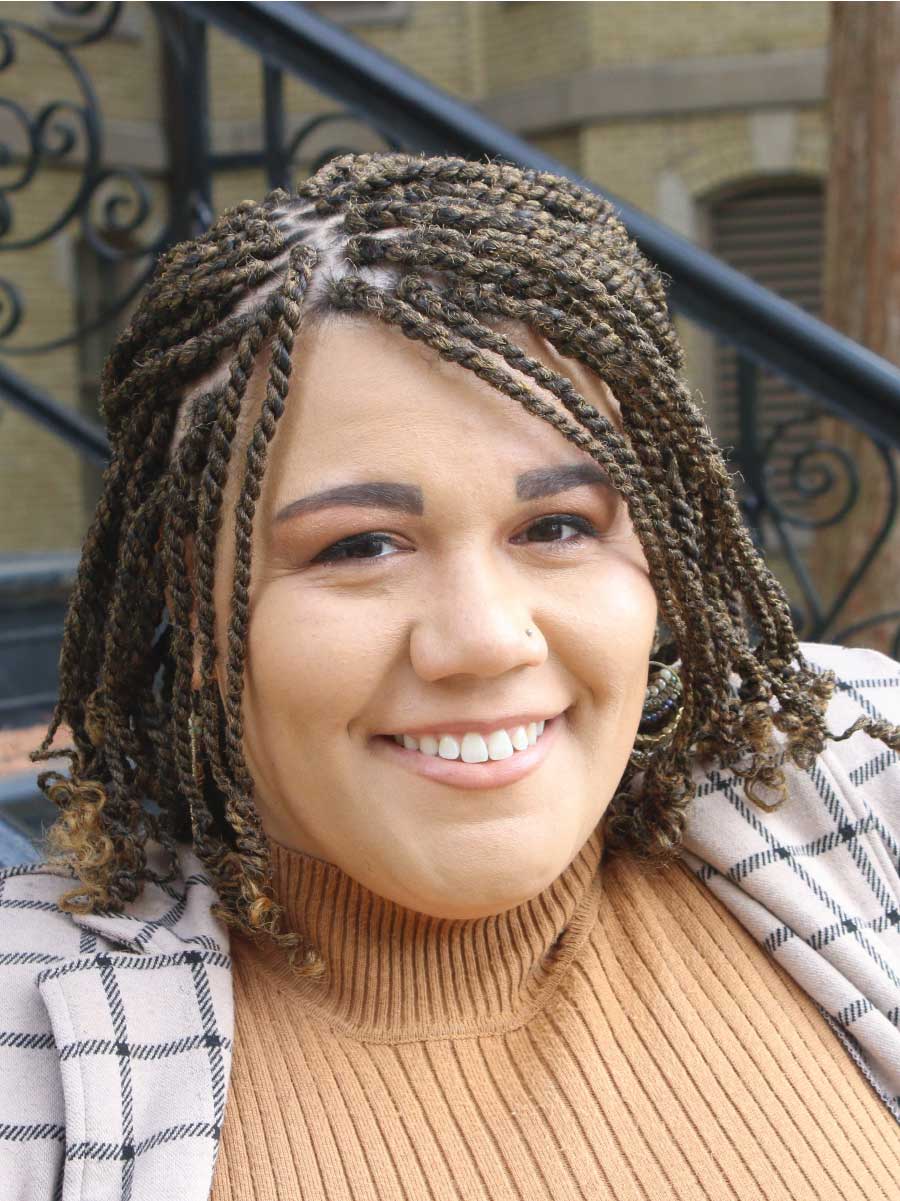
|
LaRyssa Herrington is a 4th year doctoral candidate in Systematic Theology and Liturgical Studies at the University of Notre Dame from Tolono, Illinois. She holds bachelor’s degrees in psychology and social work from Greenville University (formerly Greenville College) and is a graduate of Emory University’s Candler School of Theology where she completed her Master of Divinity concentrating in Catholic Studies. Her areas of research include the role of Mary in devotional and popular piety, womanist theology, liberation and political theologies, ritual studies, and sacramental theology. She is the author and co-author of several peer-reviewed articles and a book chapter, and her popular writings can be found in U.S. Catholic Magazine and the National Catholic Reporter. |
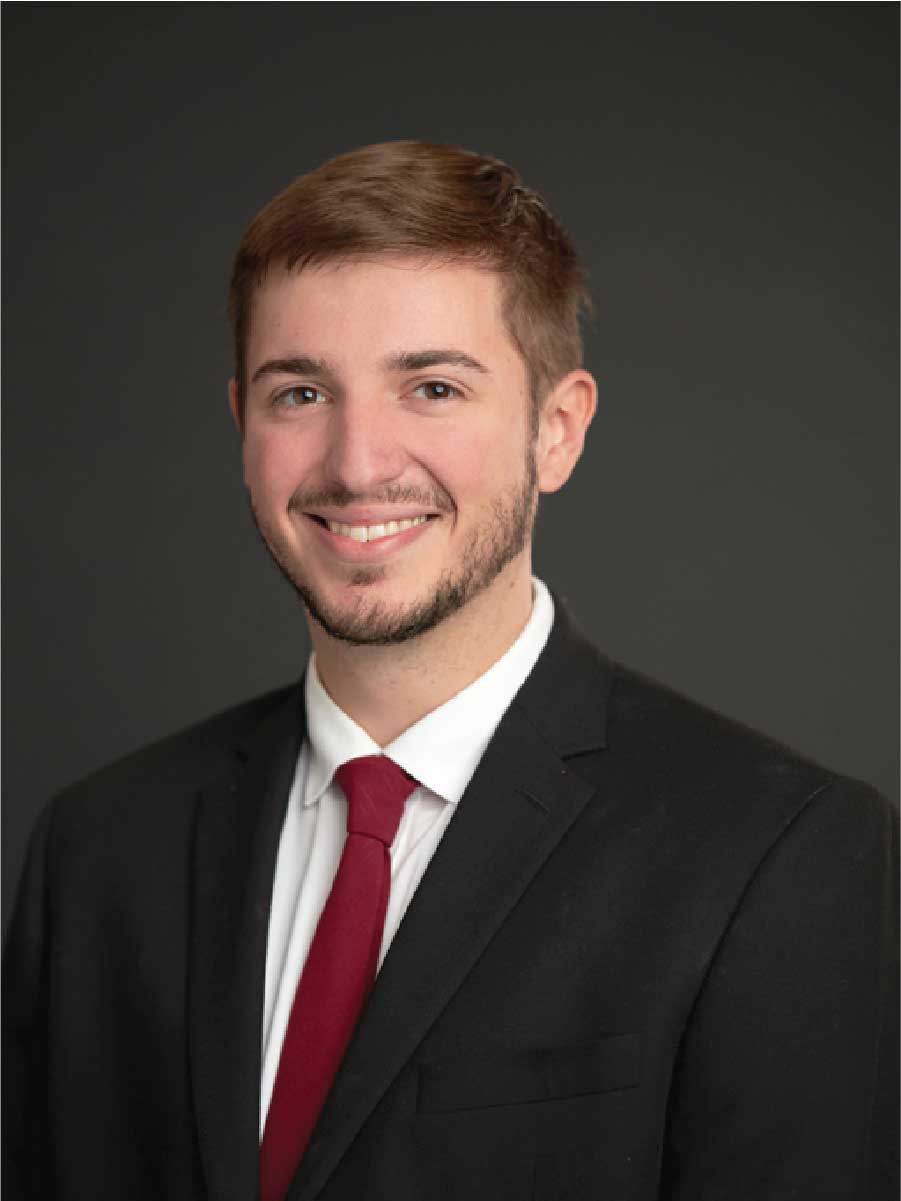
|
Jean-Paul Juge is a Ph.D. candidate in Historical Theology/History of Christianity at Boston College. He received both his B.A. in Philosophy (2019) and M.A. in Theology (2020) at the University of Dallas. His major area of research is early Christian theology, especially third and fourth-century Greek Christianity as well as the thought of Augustine of Hippo. His dissertation, with the working title "The Ecclesial Christology of Origen's Homilies on the Psalms," explores the relationship between Christ and the Church in the series of twenty-nine Greek homilies of Origen that were discovered in 2012. This project aims to bring renewed attention to Origen's ecclesiology, an aspect of his thought that is generally neglected, as well as to offer new insights into Origen's Christology, especially concerning the correlation between the mysteries of the Incarnation and the Church. Juge argues that, in these homilies, Origen depicts salvation as a kind of salvific exchange of properties between Christ and the Church according to the Pauline metaphor of Christ as the head of his ecclesial body. Additionally, Origen's Christology is here coordinated with a soteriology that stresses the union of individuals within the Church, which is the locus of deification. In this way, Juge offers a corrective to those views that give minimal significance to the Church in Origen's theology of salvation. |
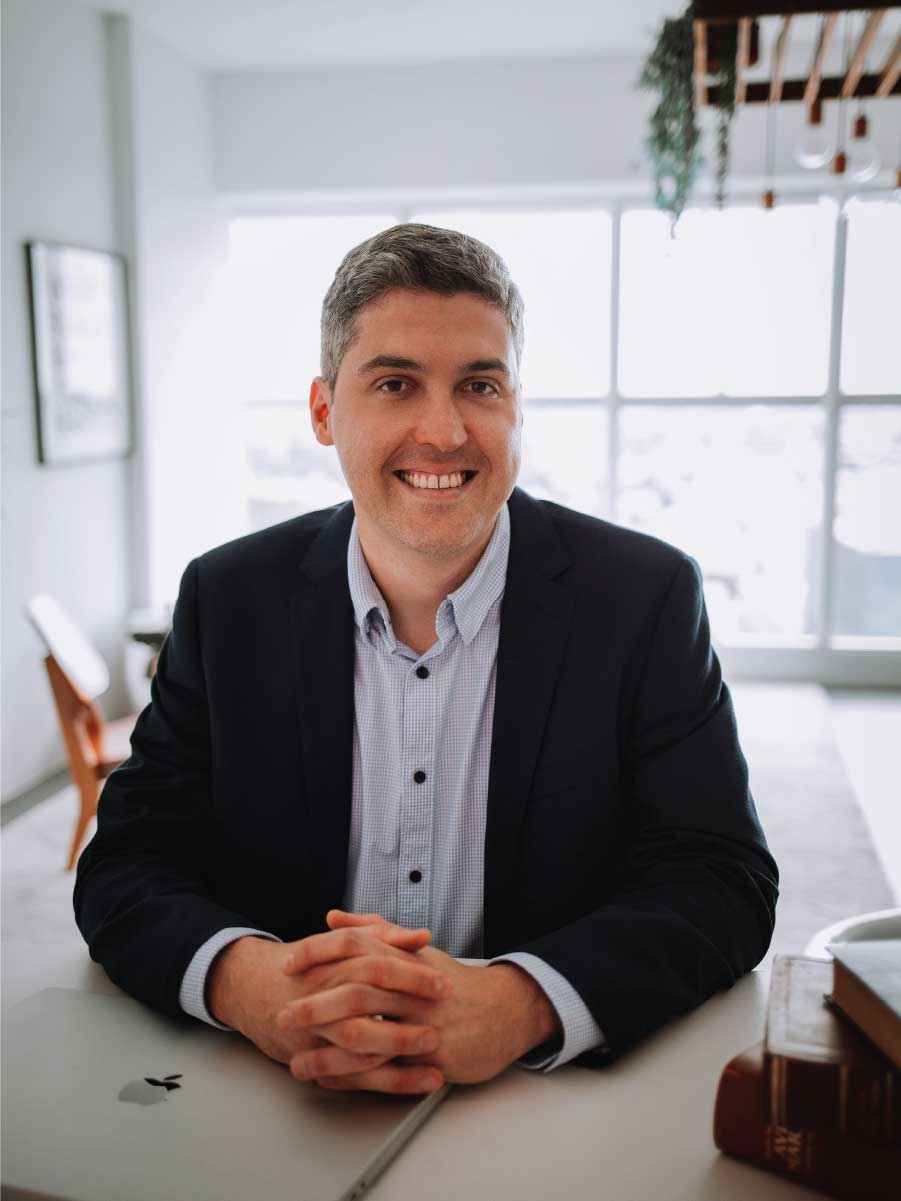
|
Antônio Lemos is a PhD candidate in Moral Theology at the University of Notre Dame. He hails from Curitiba, Brazil. After studying law at the Universidade Federal do Paraná, he graduated in philosophy and theology at the Pontifical Athenaeum Regina Apostolorum in Rome, Italy. It was there that he obtained a master's degree in Theology, with a specialized focus on moral theology and Catholic social teaching. His licentiate dissertation bore the title “Moral perspectives of the migratory phenomenon in Catholic social teaching". His ongoing research at Notre Dame navigates the right of migration as laid out in Catholic social teaching and Christian tradition. He holds a particular fascination for the theological and moral principles that serve as the bedrock of this right, while also tracing its historical origins, with a keen eye on the sixteenth and seventeenth-century Spanish scholastics. His other interests include virtue ethics, business ethics, and bioethics. |
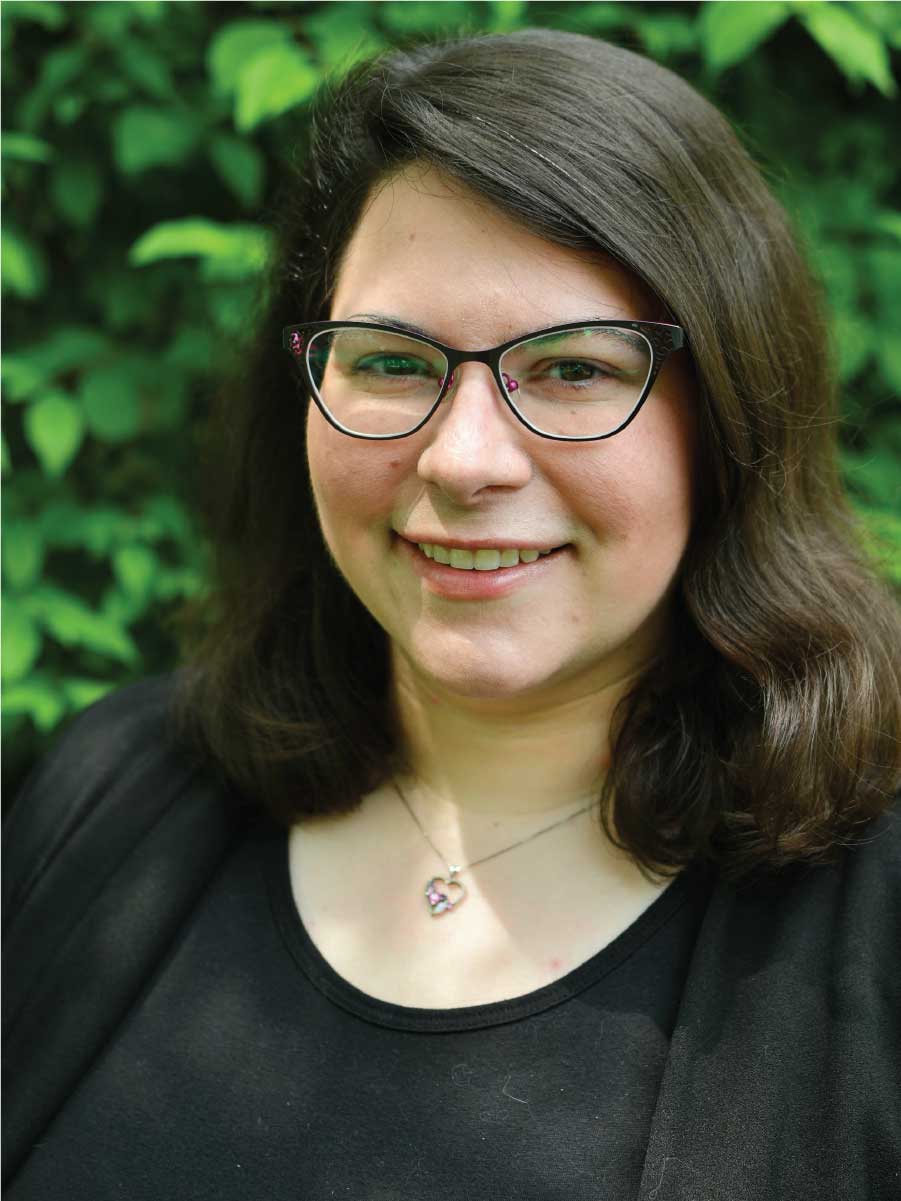
|
Cecille Medina-Maldonado is a Ph.D. candidate in Religious Studies, with the specialty of Systematic Theology/Ethics at Marquette University. She holds a B.S. in Food Science and Human Nutrition from the University of Illinois at Urbana-Champaign and an M.A. in Theological Studies from Loyola University Chicago. Her research interests center on the thought and theology of Bernard Lonergan, S.J., and Robert M. Doran, S.J., and theological bioethics. Her dissertation, titled “Towards Relationship: A Trinitarian Model in Defense of Human Embryo Adoption,” employs the trinitarian theology of Lonergan, as later developed by Doran, as a framework for theological anthropology, with an emphasis on a trinitarian elucidation of the imago Dei. Medina-Maldonado applies this trinitarian theological anthropology to the dilemma of the fate of ‘spare’ frozen human embryos within the Catholic bioethical tradition. This project provides a relationship-based model for this quandary as a means to move the conversation forward for adopting embryos. In short, she argues that because human persons are made in the image and likeness of a trinitarian God, who is in relationship and is relation, adopting human embryos can be analogous to God’s own adoption of all children of God. Drawing on various analogies for the Trinity and its implications for theological anthropology, Medina-Maldonado concludes that embryo adoption within the Catholic bioethical tradition can be licit—and even virtuous—when careful attention is given to the renewal of relationships among the waiting embryo, its adoptive family, and the greater community. |
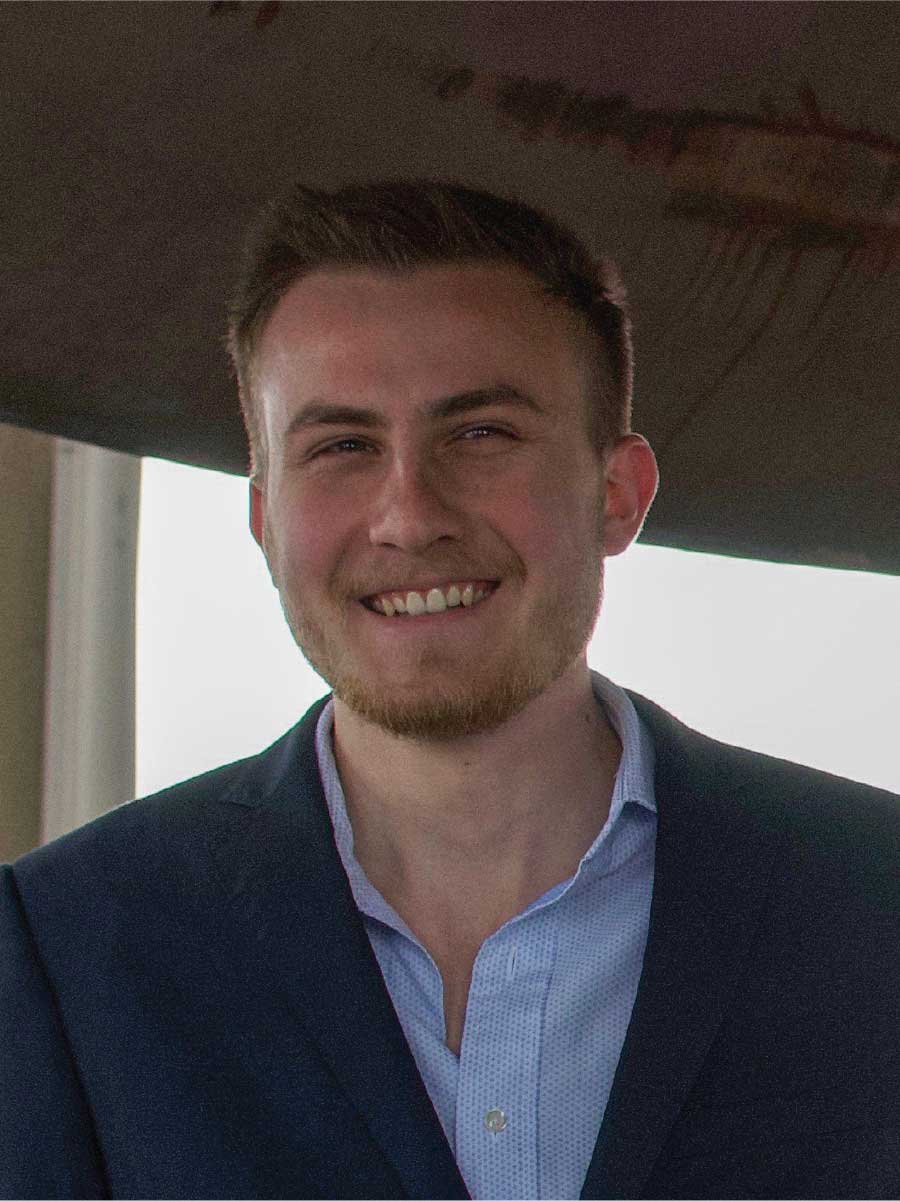
|
Gavin Moulton is a Ph.D. candidate in History at the University of Notre Dame with a research focus on the impact of industrial capitalism and migration on twentieth-century architectural and religious traditions. He holds an M.A in History from the University of Notre Dame and a B.A. in History of Art and Architecture and Near Eastern Languages and Civilizations from Harvard University. His dissertation, "From Church to Factory: Schisms and Strikes in the Slavic Industrial Belt, 1877-1941," is a grassroots history of religious and labor conflict among Slavic Catholic migrants in American churches, mills, and mines. Rooted in foreign language sources and extensive archival research in Europe and the United States, "From Church to Factory" reveals how Slavic migrants forged a cultural region and laid a foundation for New Deal era labor action. The Hank Fellowship will support archival research and documentation of Slavic church architecture and murals in Pittsburgh and Western Pennsylvania. |
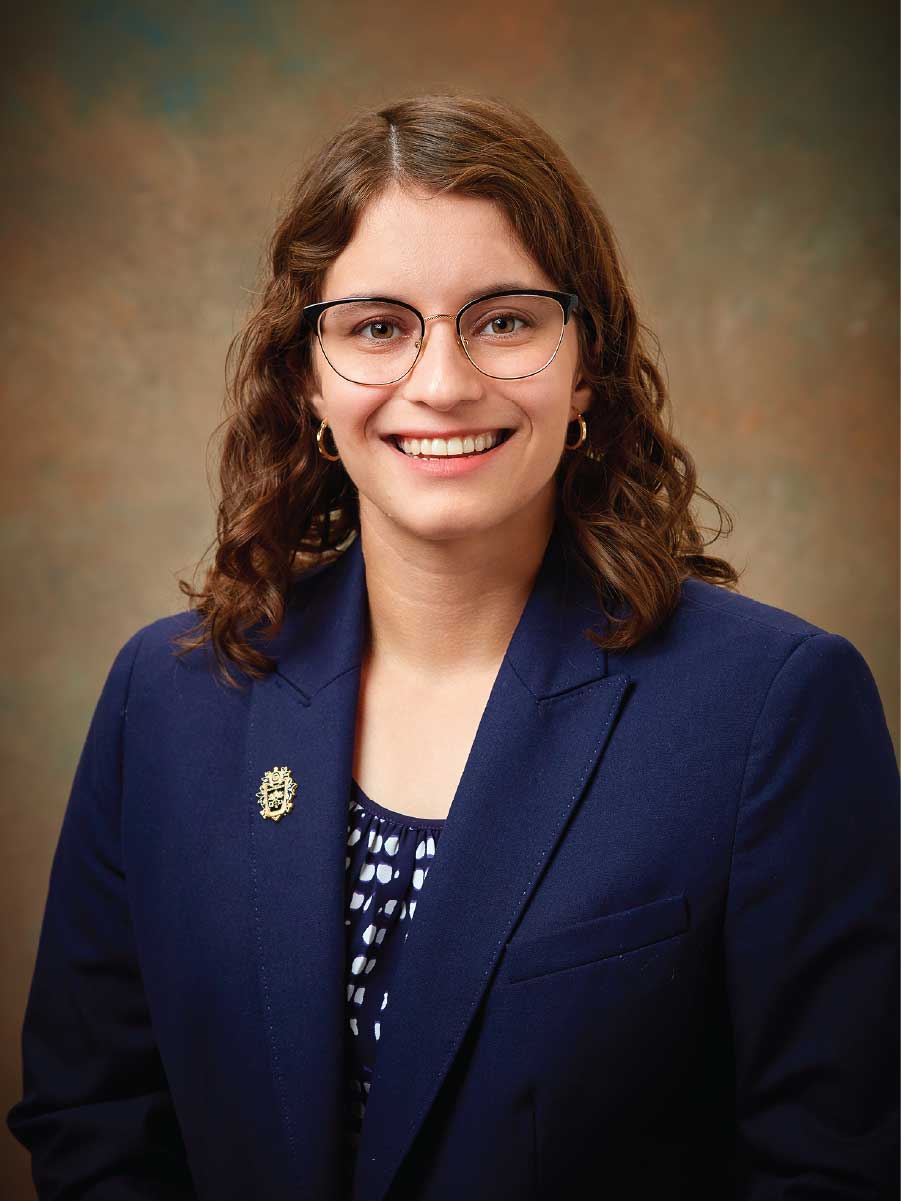
|
Jamie Myrose is a Ph.D. candidate in Theology at Boston College studying Systematic Theology. She graduated magna cum laude from Boston College with a B.A. in Theology and Perspectives (Great Books) in 2018 and from the University of Notre Dame with an M.T.S. in Systematic Theology in 2020. Jamie is also a member of the twelfth cohort of Lilly Doctoral Fellows. Her dissertation, entitled “Everything is Friendship: Towards a More Relational Theological Anthropology,” explores how everyday friendships impact one’s response to God’s invitation to relationship. She argues that friendship, in conjunction with God’s participation, is the means and ends of humanity’s relational orientation, meaning that friendship serves as a line of continuity between both earthly and eschatological human existences. The support of the Hank Fellowship will allow Jamie to focus upon writing the third chapter of her dissertation, which examines the activity of particular friendships in accounts drawn from the Bible, literature, and popular culture. |
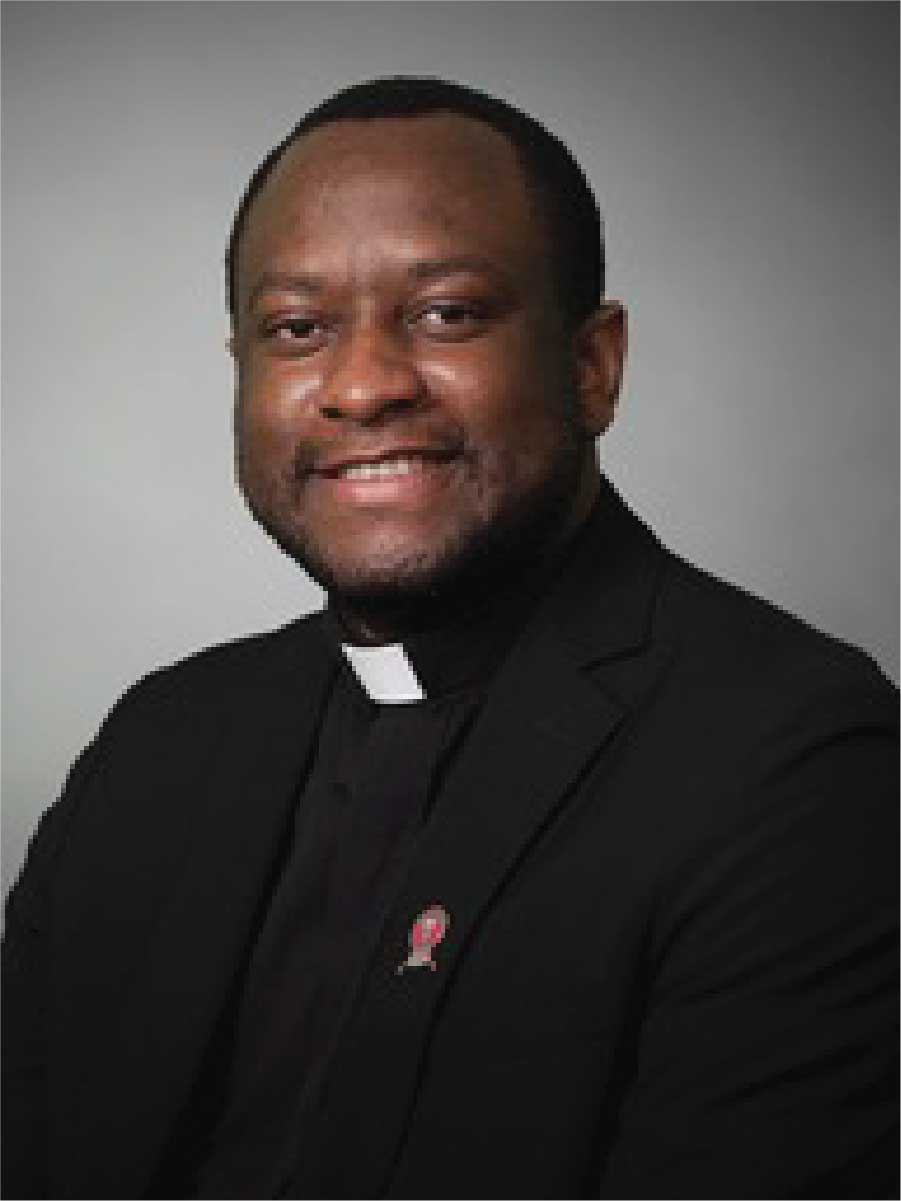
|
Tegha Afuhwi Nji is a catholic priest of the Diocese of Buea, Cameroon, and a PhD candidate in Systematic Theology at the University of Notre Dame. He received a ThM and an STL (2020) from the Jesuit School of Theology of Santa Clara University, Berkeley, California. At his graduation, he was inducted into the Alpha Sigma Nu. He holds two bachelor’s degrees, summa cum laude, in Philosophy (2010) and in Theology (2015), from St. Thomas Aquinas Major, Seminary, Bambui, Cameroon. His dissertation, titled, “The Burden of Election and Modern Individualism: Toward a Ratzingerian Critique” seeks to present a new reading of the doctrine of election in terms of creation and anthropology, a missing perspective in the prevalent overly Christological and soteriological accounts. Drawing on Ratzinger and helpful interlocutors such as Balthasar, de Lubac, Jean Louis Chrétien and Jean- Yves Lacoste, Tegha develops a threefold characterization of election – as an act, a state, and a response. Election is an act of divine benevolence from the first instance of creation, whereby the human person, fashioned in imago Dei, as God’s partner in dialogue, is called into a state of “being elected.” His very coming into being is a response to the divine summons from nothingness into existence. However, an even more human response is solicited from him as a conscious free being. There follows from such an understanding of election, Tegha demonstrates, a theological critique of modern individualism (from Cartesianism to its flourishing in Nietzsche’s nihilism), and its threefold estrangement of the individual from God, self, and others. With the Hank fellowship, Tegha will be furthering his dissertation research and working on an article for publication, “Rescuing ‘Time’ in the ‘After Time’? – Ratzinger’s Augustinianism in Defense of the ‘Intermediate State. |
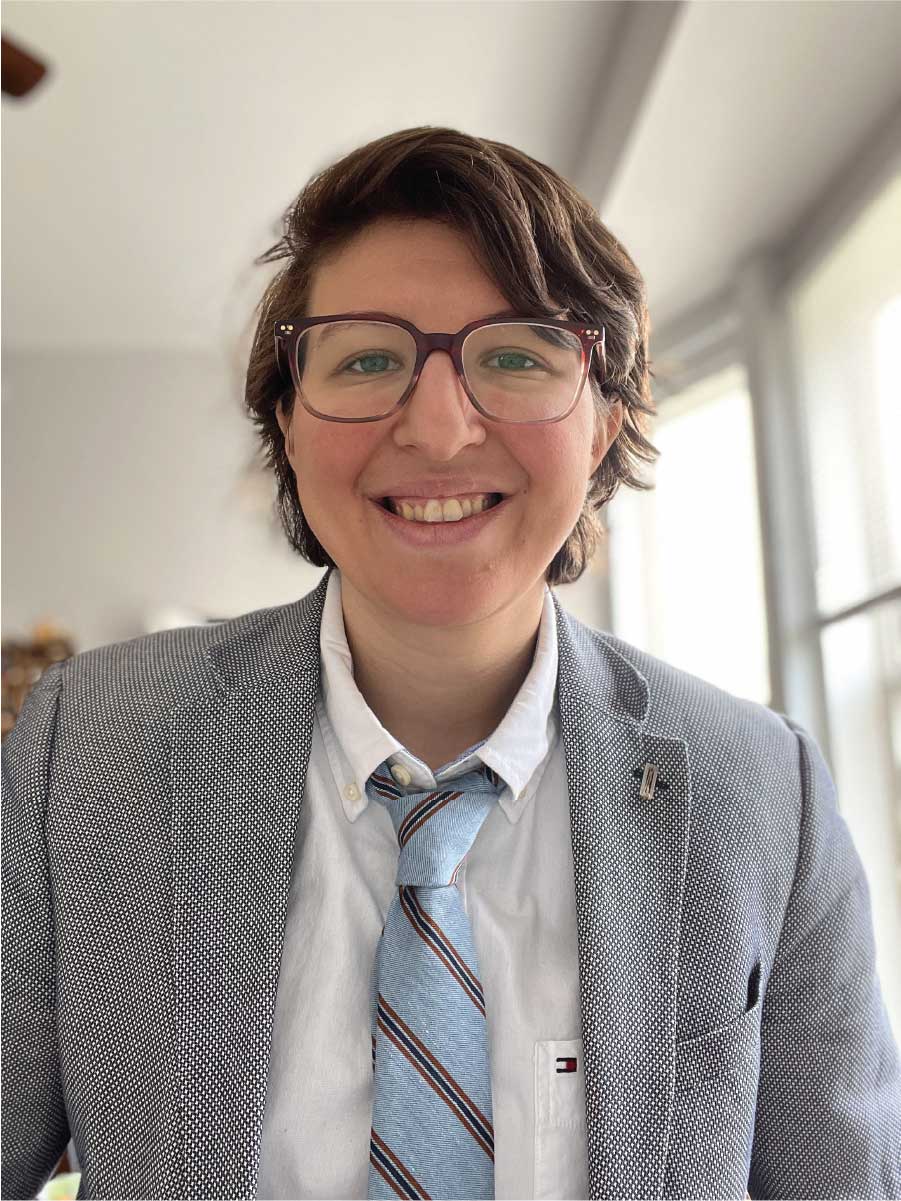
|
Darby Ratliff is a Ph.D. candidate in American Studies at Saint Louis University. Previously, she studied at Canisius University where she earned a Bachelor of Arts in English, political science, and creative writing, and a Master of Science in higher education and student affairs administration, where she discovered a passion for Catholic education and its history. Her studies focus on intersections between Catholic schools for white students and Catholic schools for Indigenous students in the long nineteenth century. Her dissertation, "Church-State-School: Boarding Schools and Catholic Education in the 19th Century," explores the ways in which U.S. and Catholic colonialism and imperialism shaped and were shaped by schooling. With generous support from the Hank Center, she will be using funds for research travel to archives in the Midwest as well as for translation services. Ultimately, she hopes that her work will contribute to truth-telling, healing, and repatriation efforts in addressing the Catholic Church's role in running Native American boarding schools and our understanding of education as a whole. |
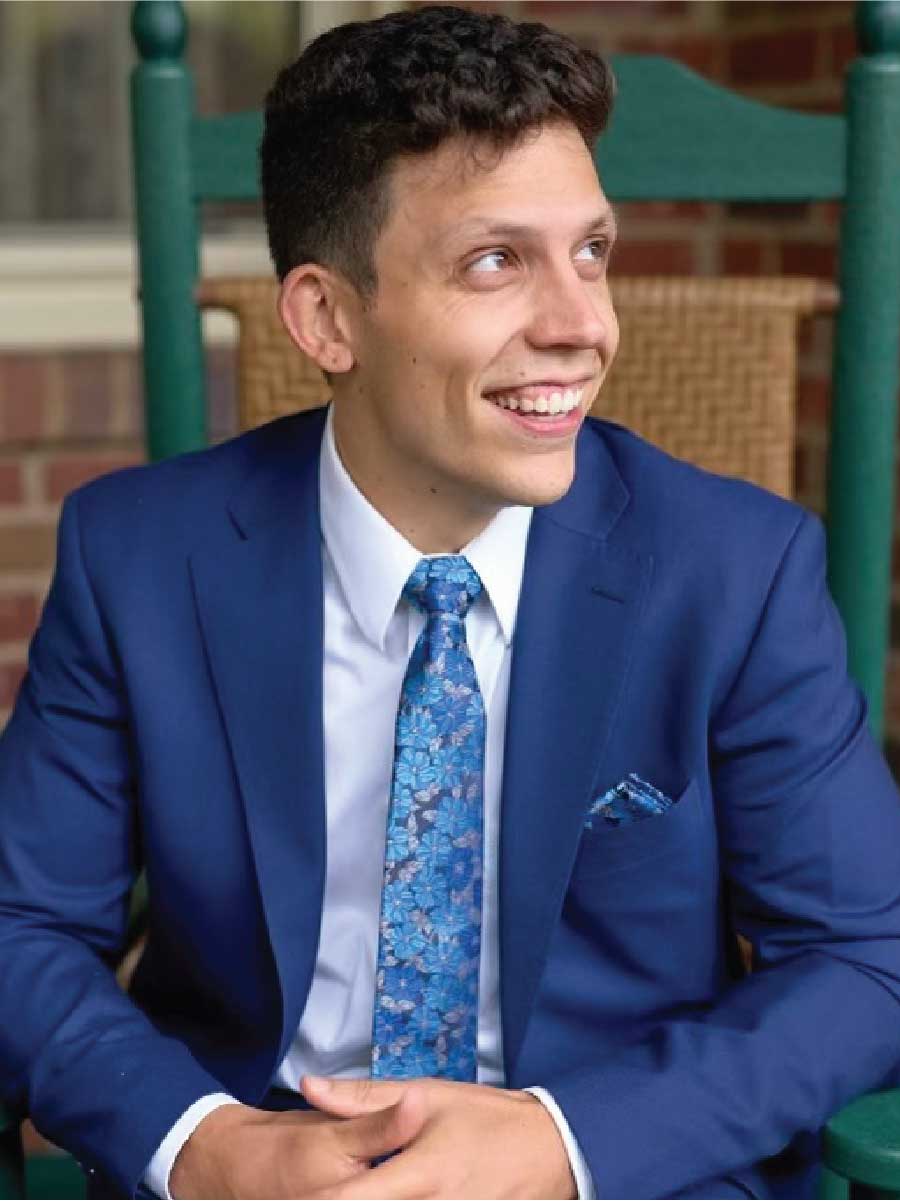
|
Anthony Shoplik is a Ph.D. candidate in the English Department at Loyola University Chicago. He received a B.A. in English and Italian Studies from John Carroll University (2018) and an M.A. in English from Loyola University Chicago (2019). Shoplik’s dissertation “The Conservation of Races”: Environment and Racial Formation in American Literature, 1900-1980 considers how twentieth-century American ideas about nature and environment mediated contemporaneous American ideas about race and ethnicity, and vice versa. Through interpretations of literary and visual texts, his project describes the ways that a range of pseudo-scientific, nationalist, and religious ideas about the natural world played a role in racializing groups of people. Because this project grapples with the interlinking issues of racial and religious difference, the history of Spanish Catholic colonization in North America— particularly its commitment to mixed-race subjectivity—is especially salient. The ideologies that undergird the construction of mixed-race subjects is the dissertation’s main subject, and Catholic history in North America is integral to this topic’s exposition in twentieth century American literature. |
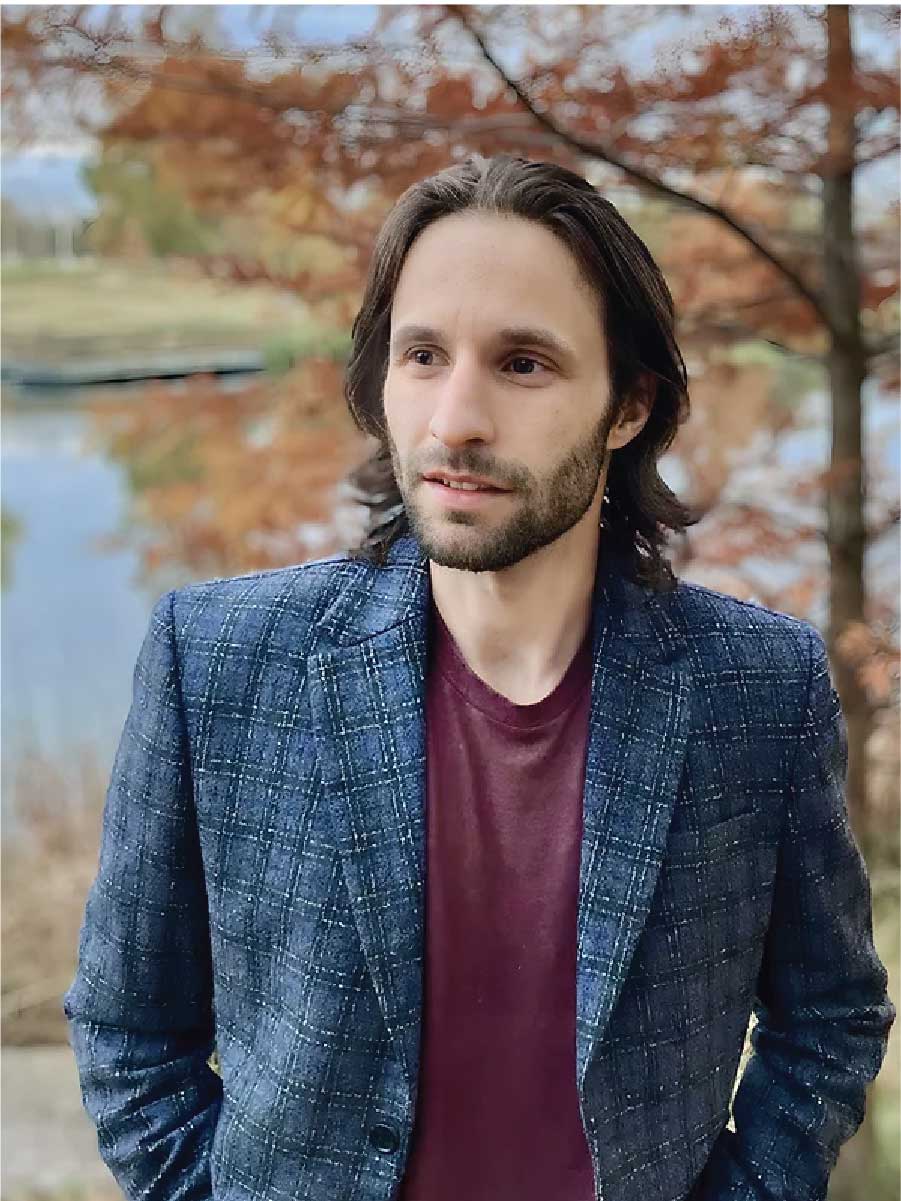
|
Joshua Taccolini is a doctoral candidate in philosophy at Saint Louis University. He earned a bachelor's degree in music (piano performance) from Hillsdale College, and a master's in philosophy from Francsican University of Steubenville. His research engages French phenomenology in its "theological turn", especially the work of Emmanuel Levinas, Jean-Luc Marion, and Emmanuel Falque. His dissertation, "Becoming Little: A Phenomenological Exfoliation of the Way of Saint Thérèse of LIsieux.", advances a phenomenology of littleness according the spiritual approach of the 19th century saint and mystic, Thérèse of the Child Jesus, an approach she calls her "Little Way". The significance, for phenomenology, of littleness lies in the paradoxical fashion in which becoming less increases visible presence, as when, for example, the shrinking of the stage curtain maximizes for visibility a show(ing). The project's aim is to apply this paradox to the spiritual process of self-flourishing according to a kenotic self-emptying which does not leave me diminished but enables the fullest most beautiful manifestation of myself. |
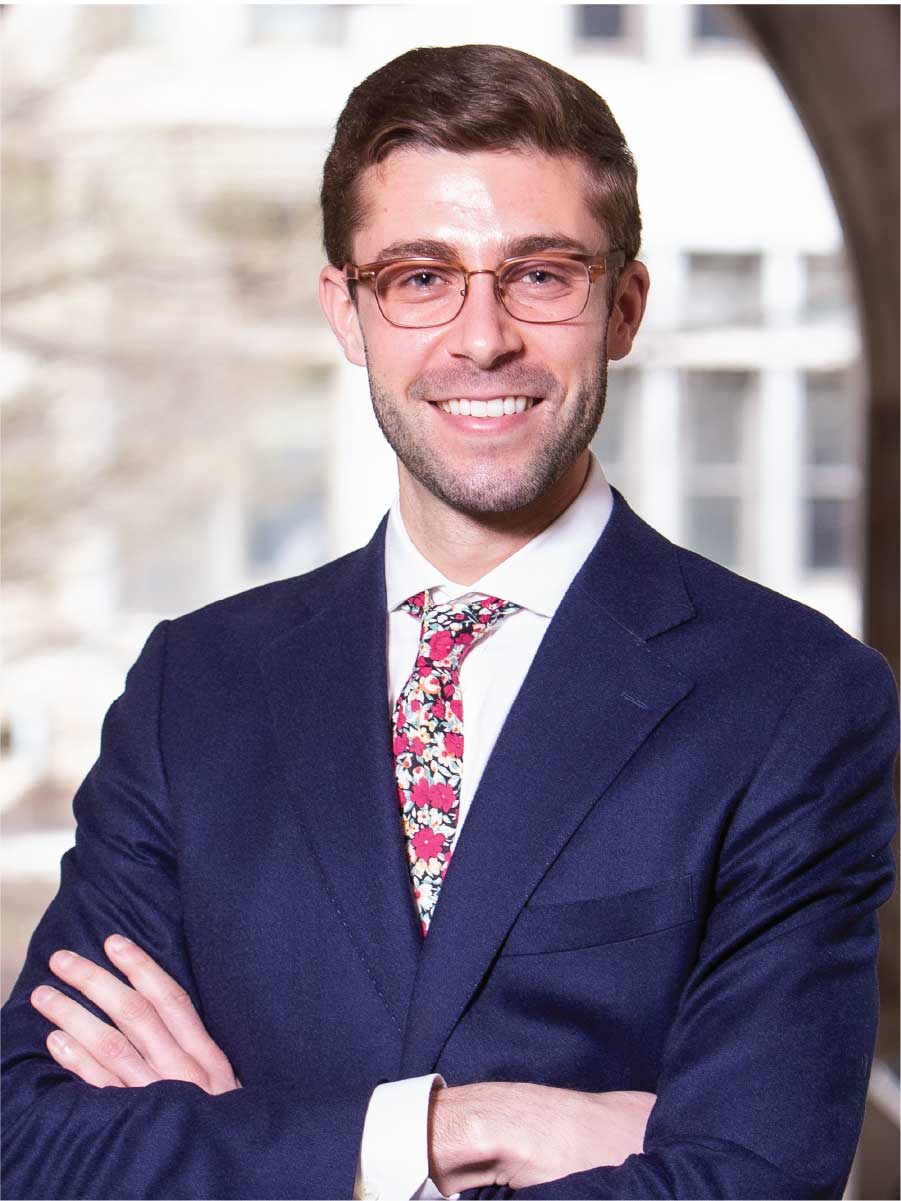 |
Zachary Taylor is a doctoral candidate in Religious Ethics at the University of Chicago Divinity School. He earned a B.A. in Classics and Philosophy from Washington and Lee University and an M.Phil. in Theology, Religion, and Philosophy of Religion from the University of Cambridge. His dissertation, “An Augustinian Ethic of Collective Memory,” explores whether and on what basis Christians can justify collective memorial duties in the political sphere. His dissertation defends two, interrelated theses: First, he claims that Augustine supplies moral and theological concepts to justify collective memorial duties indexed to the particular histories of secular political communities. Second, he contends that the scriptural and Eucharistic rituals of Christian liturgy are “rituals of remembrance” that form Christians to be capable of “just remembrance” in political life. His other interests include religious and theological ethics, Roman Catholic moral theology, the philosophy of religion, and the broader relationship between religion and forms of memory. |
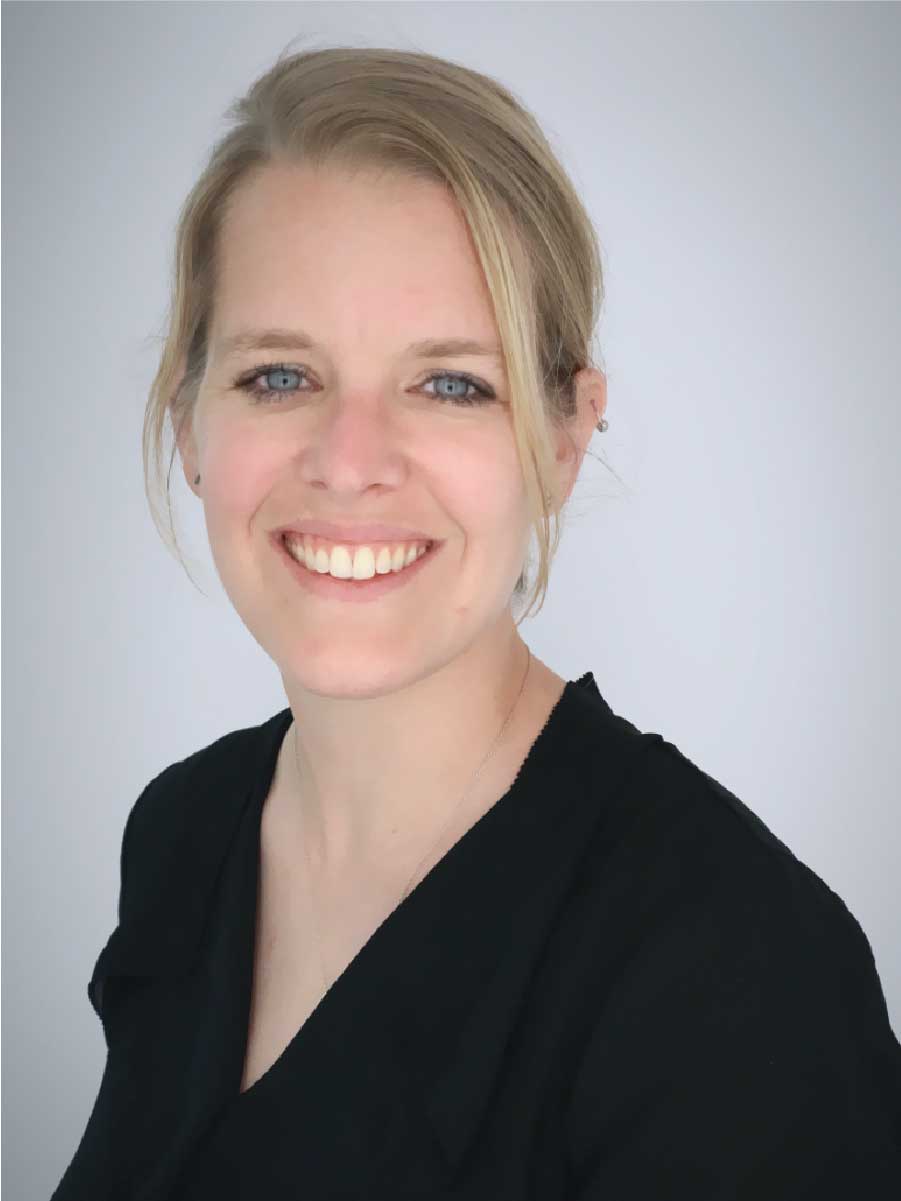
|
Jane Wageman is an MFA candidate in fiction writing at Bowling Green State University, where she currently works as the managing editor for Mid-American Review. She received an MA in English from the University of Notre Dame (2017), as well as an M.Ed. from the University of Portland (2015) through the PACE Program. Her thesis project, a novel titled The Mind is a Real Thing, follows the story of a large Catholic family in the Midwest. The novel begins with a relatively minor car accident that serves as a catalyst for the family to consider questions about knowledge and uncertainty. No one is physically harmed, but the accident precipitates the mother’s mental breakdown and prompts the son who was driving to wonder whether he unconsciously willed the crash. As the family members draw upon their differing beliefs to make sense of events, they grapple with questions about the nature of the mind, the degree to which we control and know our own thoughts, and the tensions between belief and doubt. |
Previous Fellows
Summer 2023 Fellows
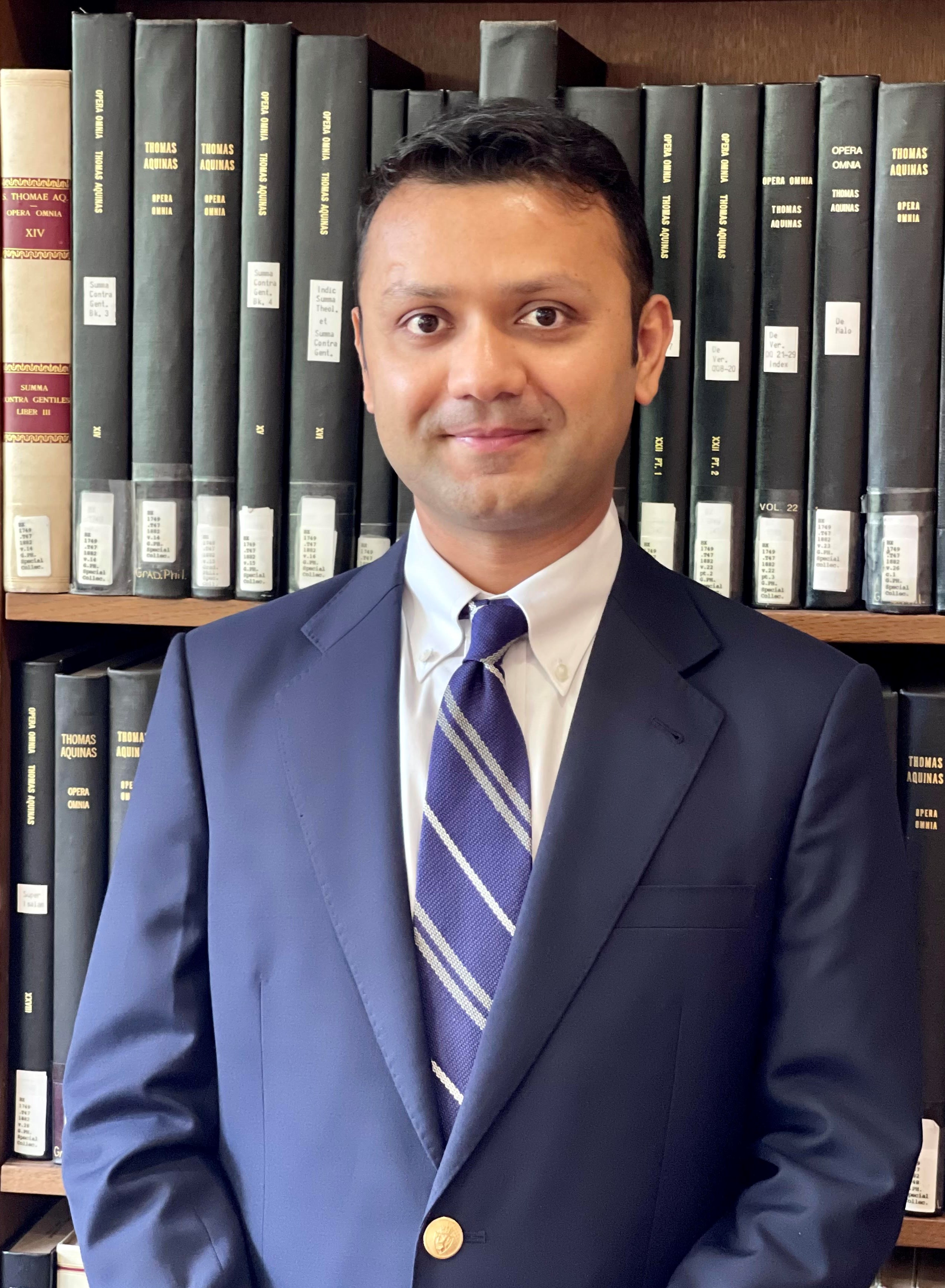 |
Sanjay Adhikari is a Ph.D. candidate in Philosophy at the Center for Thomistic Studies in the University of St. Thomas, Houston, TX. He received his B.A. in Liberal Arts and Sciences from Thomas Aquinas College and an M.A. in Philosophy from the Center for Thomistic Studies. Mr. Adhikari is currently writing his dissertation titled “On the Relation between Immateriality and Intellectual Knowledge,” focusing primarily on the Thomistic and Aristotelian philosophical traditions. His dissertation studies and intends to elucidate St. Thomas Aquinas’s principle underlying the Thomistic account of knowledge: “Immateriality is the ratio that something is a knower and according to the mode of immateriality is the mode of knowing.” In the dissertation, Mr. Adhikari examines why the human soul has a subsistent immaterial being given its intellectual operation and defends this Thomistic doctrine against prominent objections in the literature. He then considers why every intelligent being – and not only the human soul – is immaterial, according to Thomistic principles that matter contracts forms and hinders intellectual operation. Lastly, he studies why every subsistent immaterial being is also intelligent, in light of St. Thomas Aquinas’s principles that every subsistent being has an operation proportionate to its being and form as such is the principle of understanding a thing. |
 |
Grant Gasse is a Ph.D. candidate in the Theology Department at the University of Notre Dame, where he also received his M.T.S after studying Liberal Arts at Thomas Aquinas College. Grant’s work concerns early Christian theology in general and the long second century in particular. His dissertation, titled "Myth as False Word: Irenaeus of Lyons and the Theology of Speech," argues that, for the “Doctor of Unity,” the incarnation of the Word funds a capacious, symphonic conception of ecclesial discourse, while necessitating a correlative, incarnational conception of language itself. In so doing, the project offers a new framework for understanding Irenaeus’ critical reflections on theological method, one which underscores the shared commitments of Irenaeus and his opponents, otherwise obscured by the harsh rhetoric of ancient heresiology. |
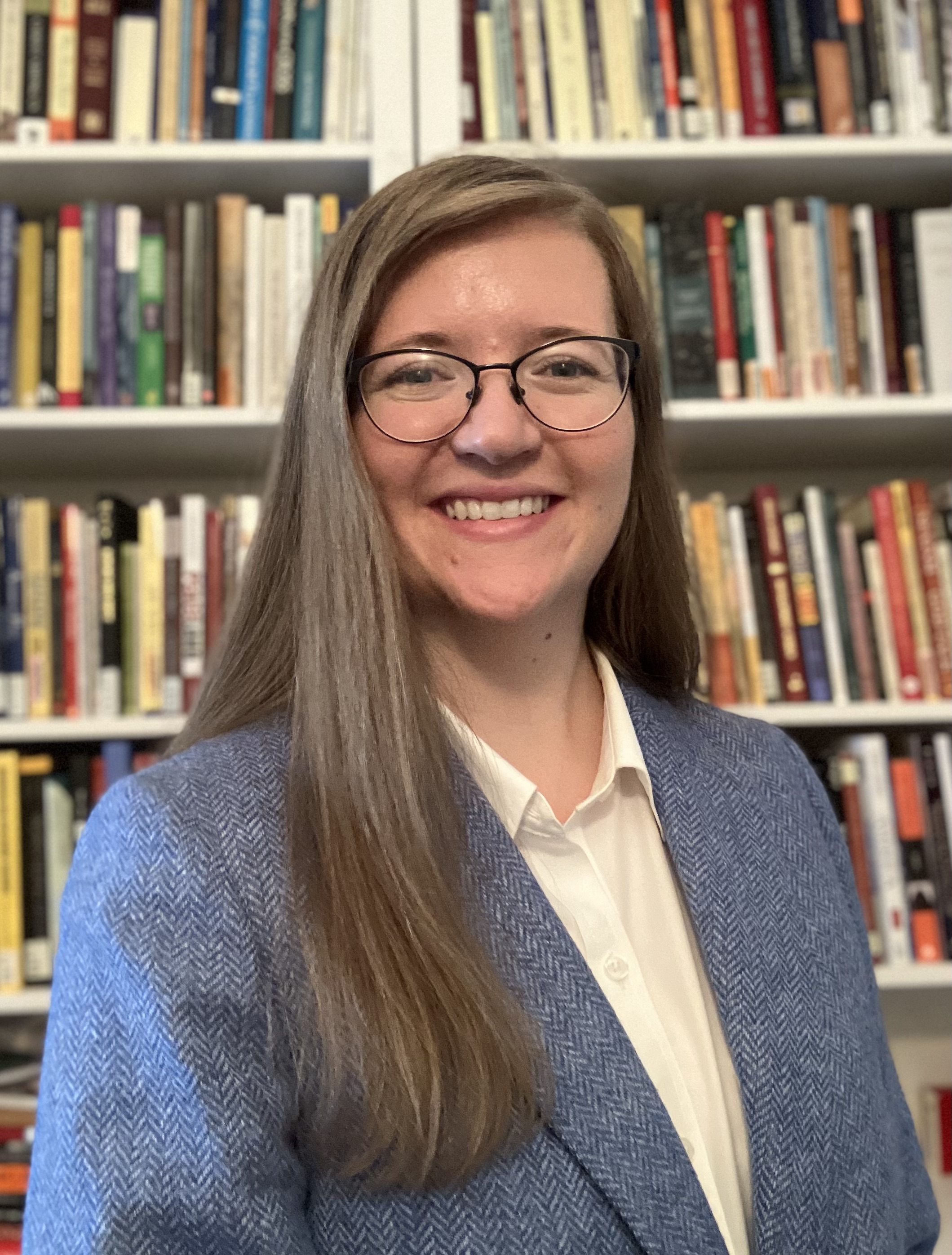 |
Megan Gooley is a PhD candidate in theological and social ethics at Fordham University. She holds a B.A. in physics from the University of St. Thomas and an M.T.S. in moral theology from the University of Notre Dame. Her dissertation, entitled “Integral Human Development: Vocation and Vision of Human Flourishing in the Catholic Social Tradition and International Development Praxis” explores the underlying substantive visions of the human person and human flourishing in international development paradigms, including CST’s integral human development. This project examines the developing theology of integral human development and the praxis of CST through an exploration of the mission and work of Catholic Relief Services since its foundation in 1943. Her research interests also include fundamental moral theology, economic ethics, global bioethics, and peace studies. |
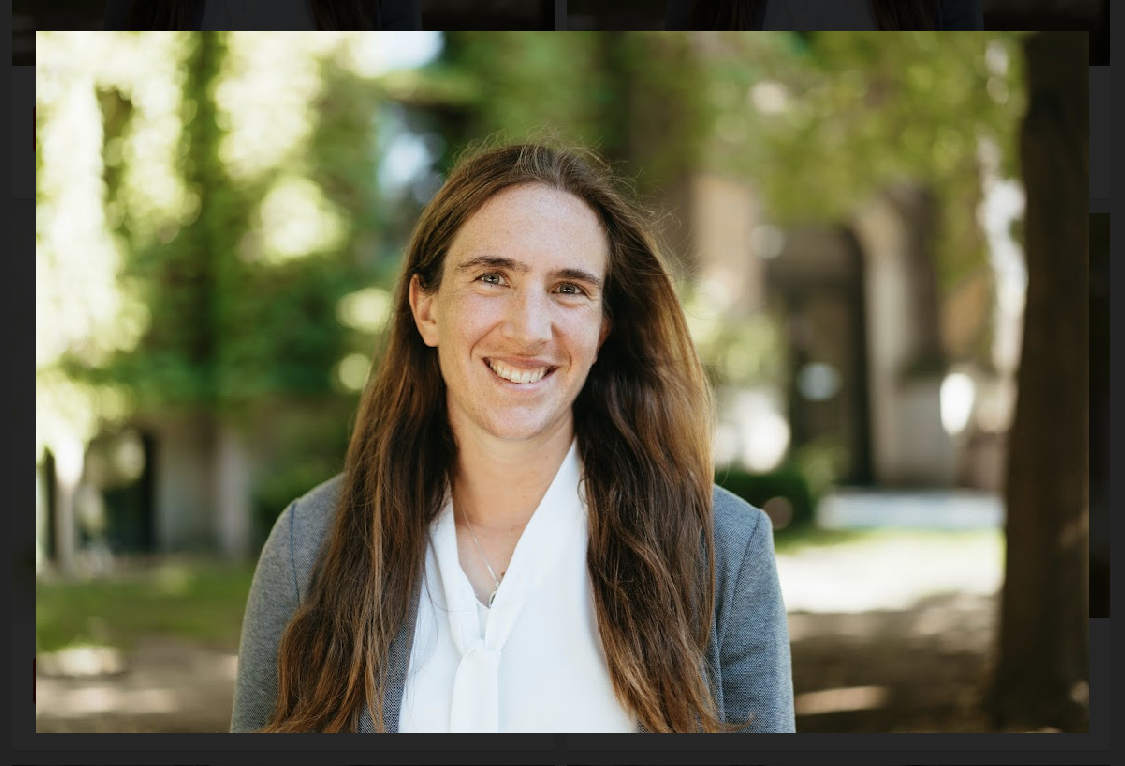 |
Megan Heeder is a Ph.D. candidate in Theology in the area of Systematics/Ethics at Marquette University. Heeder earned her Masters in Theological Studies from Boston College’s School of Theology and Ministry after completing a Masters of Arts in Theology through Notre Dame’s Echo (Faith Formation Leadership) Program. She graduated cum laude from the University of Notre Dame’s Program of Liberal Studies with minors in Theology and Education, Schooling, and Society. Considering the proliferation of social media and internet use in the lives of young people over the last two decades, Heeder’s doctoral research asks what the Catholic Intellectual Tradition can contribute to a moral theological response to eating disorders and body dissatisfaction. Engaging Hans urs Von Balthsar’s work on kenosis and Christ on the cross as the standard of beauty alongside Shelly Rambo’s exploration of his Holy Saturday theology as a lens for understanding experiences of trauma, she offers the Balthasarian vision of Christ’s love poured out on the cross and descent into Hell as a way to understand true beauty and accompaniment through the traumatic, isolating experiences of eating disorders. After establishing a Christological understanding of beauty, Heeder argues that Thomistic virtue ethics offers a moral theological response for those grappling with how to understand their own goodness in light of the body dissatisfaction that surrounds them, or the eating disorder they are experiencing. Her most recent article, “Aquinas’s Unity Thesis and Grace: Ingredients for Developing a Good Appetite in a Contemporary Age” was published in the Journal of Moral Theology and considers the role that Aquinas’s unity thesis can play in aiding those struggling with eating disorders and body dissatisfaction. |
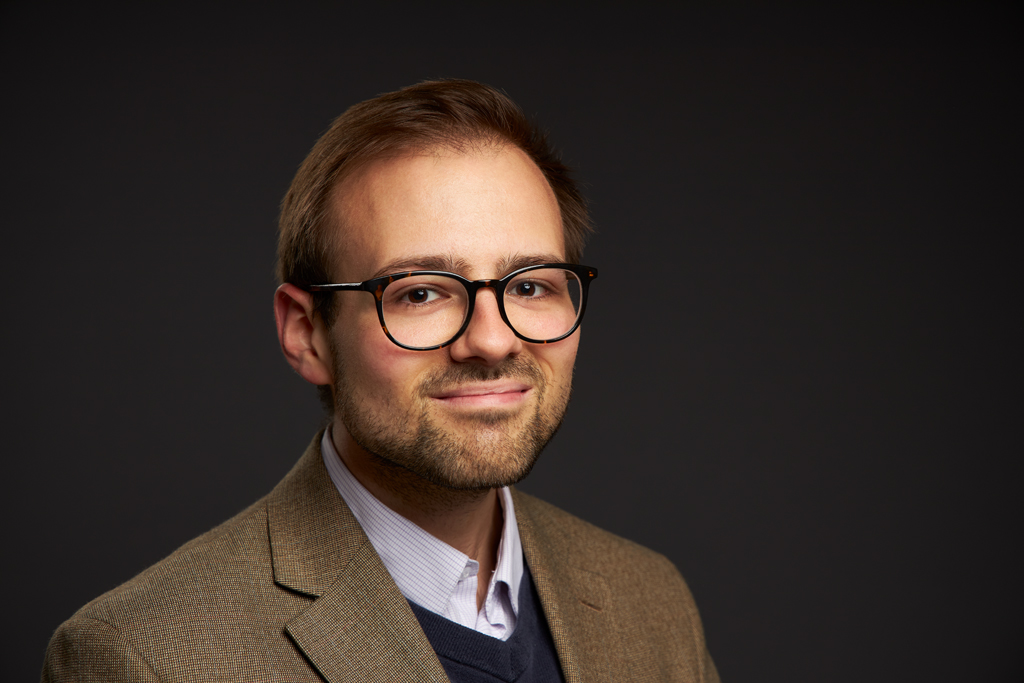 |
Austin Foley Holmes is a Ph.D. candidate in Historical Theology / History of Christianity at Boston College. He received a B.A. in History and Philosophy from the University of Toledo (2016), and an M.T.S. from Boston College (2019). His major research areas are Early Christianity and Medieval Christianity. Austin's dissertation, entitled “Justice and Political Theology in Origen of Alexandria,” is a study of the idea of justice (dikaiosunê) and related political themes in the treatises, biblical commentaries, and homilies of Origen of Alexandria. It argues that for Origen justice refers primarily to the activity of governance or rule which aims at the goal of ‘good order’ (eunomia) or ‘unity’ (henotēs). Justice is, to that extent, a description of the virtuous exercise of power, whether divine or human. A representative example is Origen’s claim that ‘Justice is Christ’ insofar as Christ rules and governs the soul in order to establish its unity. At the 2023 meeting of the AAR, Austin will present his research on the critical reception of Origen’s theology in the polemical writings of the fourth-century bishop Marcellus of Ancyra. In addition to Origen and Origen’s reception, he is especially interested in the polemical interpretation of scripture in the theological debates of the 3rd through 5th centuries. |
 |
Andrew Krema is a doctoral candidate in Philosophy at Loyola University Chicago. He earned a B.A. in Philosophy and German from The Catholic University of America and an M.A. in Philosophy from the University of Cologne (Germany). His research in philosophy is centered on the phenomenology of Edmund Husserl. His dissertation, titled "Evaluation. A Husserlian Account," concerns Husserl’s account of evaluative reason or the heart. The Hank Fellowship will support his work on his dissertation and a journal article on Husserl’s account of ‘rational religious faith’. For Husserl, religious faith is ‘authentic’ and ‘rational’ when it emerges from rational processes of the heart, and avoids the extremes of faith as an assent to a set of rules or a sort of feeling or sentiment. Krema contends that Husserl’s account of religious faith anticipates later Catholic theologians’ views on the rationality of faith such as Guardini, Giussani, John Paul II, and Benedict XVI. |
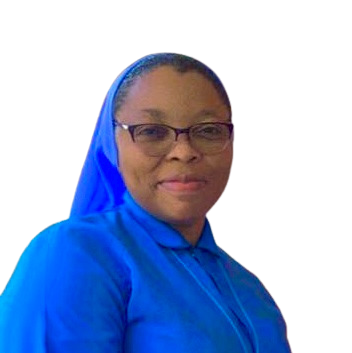 |
Augustina Mbata is a religious sister of the Congregation of Sisters of Jesus the Good Shepherd (SJGS) Nigeria; and a doctoral student in Curriculum, Culture, and Community (3Cs) at the School of Education Loyola University Chicago. She received two Masters degrees from Boston College: an MA in Theology and Ministry in the School of Theology and Ministry and an M.Ed. in Educational Leadership and Policy at Lynch School of Education. Augustina’s dissertation which focuses on the Tensions between Catholic Identity and Academic Achievement, approaches her interest in renewing Catholic identity in Nigerian Catholic schools. Catholic schools are places of faith and academic excellence. Within the context of a secular and competitive world, Catholic schools are likely to emphasize academics rather than spiritual capital and moral goals. However, the trends of the 21st century are not enough to oust the beauty of which we are as Catholics, stipulated in the Apostolic tradition of the Catholic Faith. Making faith the catalyst for inquiry, the dissertation seeks to open the mind of the students to conversations about their faith, buttressing that the knowledge of academics “alone” is not enough for Catholic students, but the synergy of faith and academics (fides querens intellectum), sheds light on the realities of life. Students would begin to question critical issues about their life and appreciate how their learning in the Catholic school shapes their life as Christians and their world. |
 |
Isabelle Ostertag is a doctoral candidate researching English medieval architecture under Dr. Lisa Reilly at the University of Virginia. She received a Master of Philosophy in History of Art and Architecture from the University of Cambridge where she studied under the supervision of Dr. Paul Binski. Her dissertation provided the first complete description of the sculptural program in the Lady Chapel at Ely Cathedral. She received her BA in Art History and German from Williams College.The support of the Hank Fellowship will enable Isabelle to conduct key research and writing for her PhD dissertation through direct support and research-related travel. Her dissertation, "Porta Caeli: Lay Piety and Marian Devotion in the Parochial Lady Chapels of East Anglia,” analyzes lay Marian devotion in medieval England through an examination of parochial chapels dedicated to the Virgin Mary in East Anglia. This region serves as the ideal case study due to the number of surviving sites and related material culture. The surviving architecture and material culture of medieval, parochial Lady Chapels in England provides concrete evidence for the growth and involvement of the laity in Marian devotional practices. Restoring an understanding of medieval lay agency in devotional practices towards the Virgin Mary will in turn illuminate the Catholic understanding of human experience based upon a dialogue between faith and culture. The universal nature of Marian devotion provides rich material for examination of such a dialogue. Unlike Books of Hours and other elite forms of Marian material culture, parochial Lady Chapels were the site of communal Marian devotion for all parishioners. Examining these sites through the lens of the Catholic intellectual tradition engages with the search for the truth behind such devotional practices. |
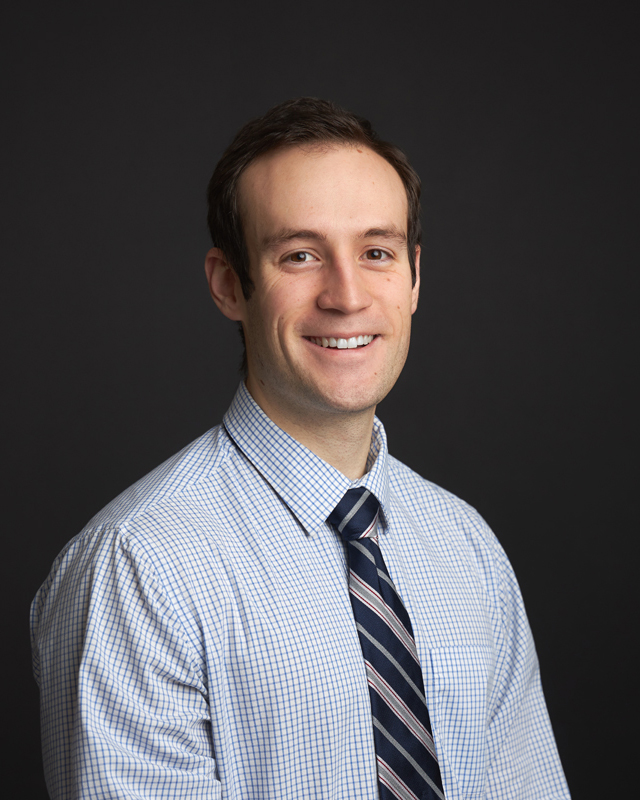 |
Jacob Saliba is a PhD candidate in the department of history at Boston College specializing in modern European intellectual history. He holds an MA in political science from Boston College as well as a BA in Economics and Political Science from Ohio Dominican University. His dissertation, “The Discovery of the Sacred in Interwar France: From Contestation to Cooperation, 1919-1941,” explains how and why lively social bonds and mutual intellectual projects emerged between Catholic, Jewish, and secular intellectuals in interwar France. In particular, his dissertation focuses on the Catholic dimensions of this story by showing that Catholic thinkers—through interfaith dialogue and cross-cultural exchange—helped to facilitate vibrant philosophical and political changes during this time period. Drawing on rich archival evidence together with published texts, Jacob’s project aims to show that a renewed practice and thinking of Catholicism took root in interwar France and provided instrumental resources for creating a democratic ethos against wider threats of fascism, racism, and extremism. With generous support from the Hank Center for the summer 2023, he will be returning to France to continue analyzing files of correspondence, journals, and unpublished manuscripts held at the Institut mémoires de l'édition contemporaine in Caen, the Archives françaises de la compagnie de Jésus in Paris, and the Bibliothèque nationale de France in Paris. |
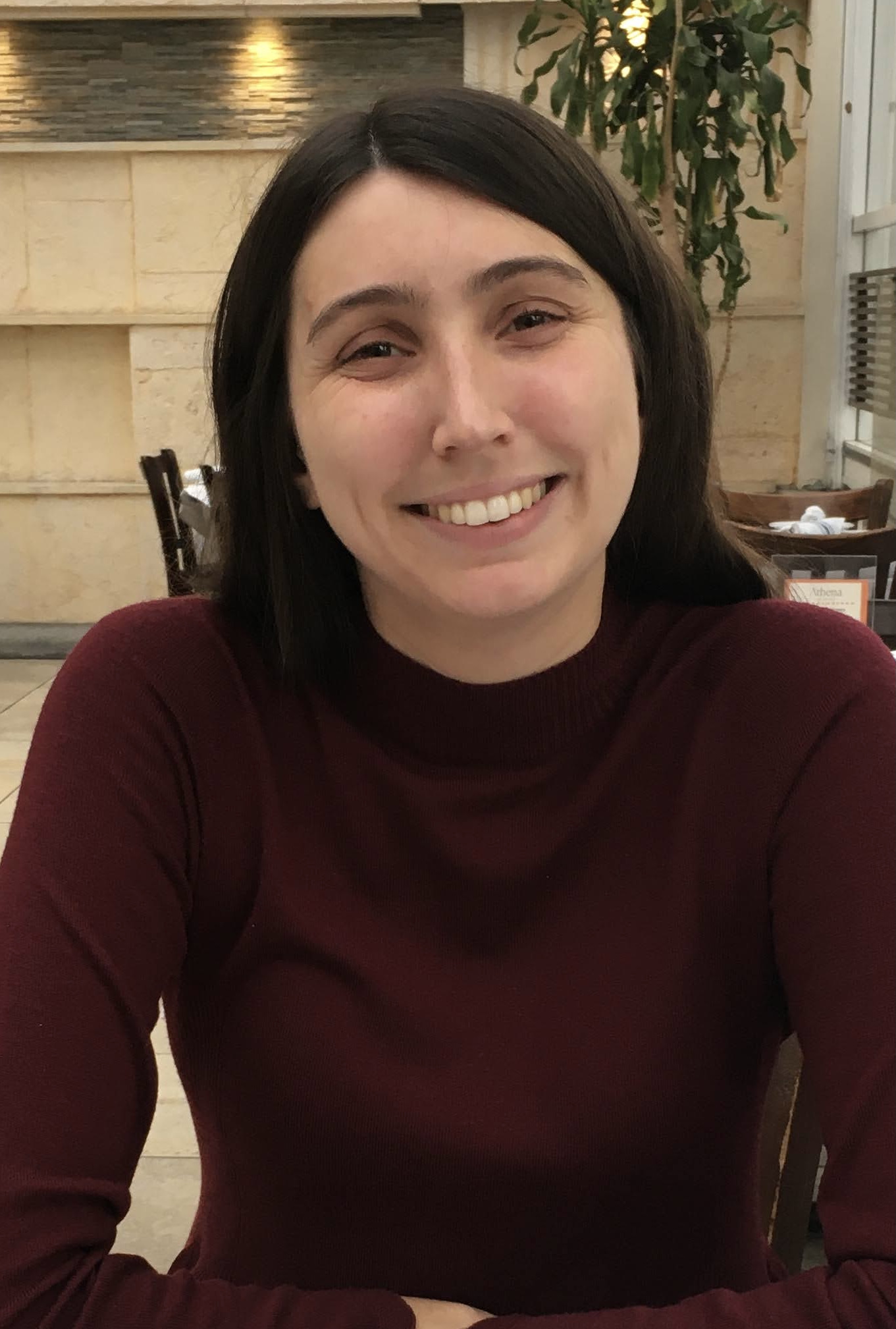 |
Sarah Simms is a PhD student and Teaching Fellow at DePaul University. She earned a BA in Religious Studies at Beloit College before shifting disciplines to pursue her MA and PhD in Philosophy at DePaul. Her current research explores the work of feminist philosopher Luce Irigaray, examining both her critical interpretation of the desire for otherworldly transcendence as founded upon a sacrificial order that pervades Western thought, and her attempt to reconcile transcendence with immanence, such that it might fuel our endeavors to honor the irreducibility of sexual difference and engage in our own subjective becoming. Sarah ultimately critiques this rehabilitation of transcendence on the grounds that it fails to fully grapple with the reality of human mortality. She then turns to medieval theological sources who share Irigaray’s commitment to incarnate transcendence yet bring this commitment into harmony with the human yearning for the otherworldly. Pivotal to Sarah’s work are John Duns Scotus’ radical affirmation of the Incarnation in his arguments for the “absolute primacy of Christ,” Bonaventure’s account of the “spiritual senses,” and Julian of Norwich’s understanding of God’s love as radical plenitude. |
 |
John D. Steichen is a Ph.D. candidate in Systematic Theology at Boston College. He grew up in Charleston, South Carolina and received both his B.A. (2015) and M.A. (2017) in Philosophy from Boston College. Before beginning his doctoral studies, he worked as a high school teacher in the Theology department at Catholic Memorial School in West Roxbury, MA. Broadly, he studies philosophical theology, with a special interest in mimetic theory and transcendental Thomism. He dissertation, “Looking for Salvation in a Secular Age: Fundamental Theology and the Absence of God,” engages the work of Bernard Lonergan, René Girard, and Charles Taylor. Its aim is to contribute to the development of a method in fundamental theology that is historically minded, rooted in an analysis of human consciousness, and capable of effectively identifying and raising the question of God in the context of western, secular culture. |
.jpg) |
Deanna Witkowski is a PhD candidate in jazz studies at the University of Pittsburgh. A professional jazz pianist, liturgical music composer, and Mary Lou Williams scholar, Witkowski is the author of the ASCAP and Jazz Journalists Association award-winning biography, Mary Lou Williams: Music for the Soul (Liturgical Press, 2021). Her dissertation, “Jazz in the Pews: ‘Experiments in Sunday Worship’ in the 1960s,” occupies the edges between scholarship on Vatican II liturgical reforms; the civil rights and Black Power movements; the Black Catholic liturgical movement; and congregational music studies. The project examines the history of the four-year jazz ministry at Saint Thomas the Apostle Church in Harlem from 1967-71 in which pianists Eddie Bonnemère and Mary Lou Williams composed jazz Masses for the community. Reflecting the ecumenism of the post-Vatican II era, this initiative was concurrent with the beginnings of the longstanding jazz ministry at at Saint Peters Church (Lutheran) in midtown New York in 1965. “Jazz in the Pews" argues that the process of creating new liturgical music within the context of larger ecosystems ultimately generated outcomes more important than the pieces themselves: enlivened, singing communities. The Hank Center Fellowship will fund Witkowski’s research travel to conduct interviews with musicians and liturgists who worked with Eddie Bonnemère both in Washington, D.C., where she will attend the National Black Catholic Clergy Caucus (NBCCC), and in New York City. |
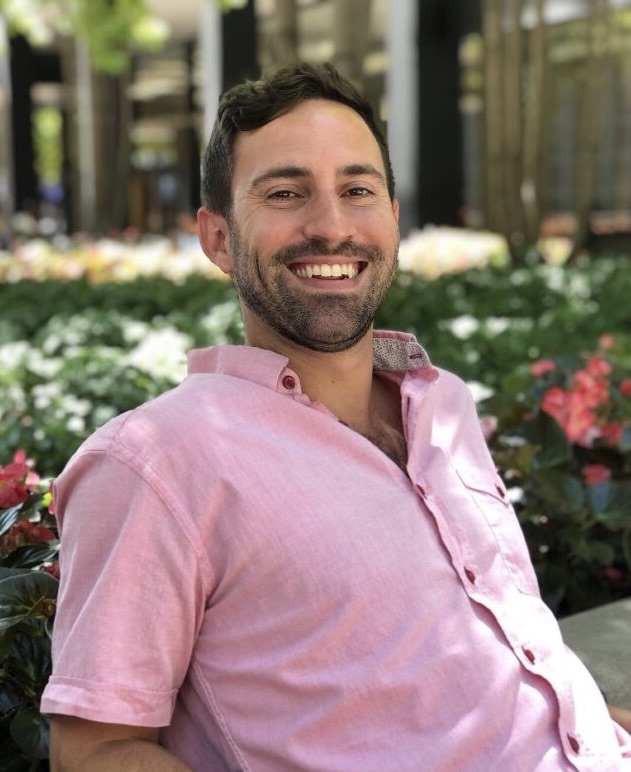 |
Originally from West Long Branch, New Jersey, Eric Zito is a doctoral candidate in the New Testament and Early Christianity program at Loyola University Chicago. He holds a B.A. in English and a B.A. in Theology from Providence College, along with a Th.M. from Dallas Theological Seminary. His dissertation analyzes the unnamed, but influential disciple “whom Jesus loved” in the Fourth Gospel from the standpoint of biblical performance criticism—an interpretive approach that considers how early Christian texts operated in the live-performance settings in which they lived. This project continues the interpretive enterprise of shedding modern assumptions and recovering ancient insights for the modern world. Combing through contemporary literature and examining the performative/rhetorical techniques taught in the first century, Eric hopes to illuminate some of the ways in which live performances speak differently than words on a page. |
Summer 2022 Fellows
 |
Originally from Dallas, Texas, Sydney Curtis (she/her) is a doctoral candidate in Higher Education at Loyola University Chicago (LUC). Her scholarship explores the relationship between spirituality, Black feminism, and critical pedagogy with publications in the Journal of Critical Scholarship on Higher Education and Student Affairs and Dialogues in Social Justice. Sydney’s dissertation, titled “Pandemic Pedagogies: Fatalistic or Black Feminist,” seeks to explore the pedagogical and spiritual strategies of Black feminist educators as we continue to navigate teaching and learning during the ongoing COVID-19 pandemic. The Hank Fellowship for Research in the Catholic Intellectual Tradition will support this work by providing compensation for participants' intellectual labor, conference funding for potential submissions to pedagogical assemblies in the U.K., and resources for Sydney and her co-researchers/participants to fund a potential action initiative which may arise from their convenings to support healing and wellbeing from a Black feminist lens. |
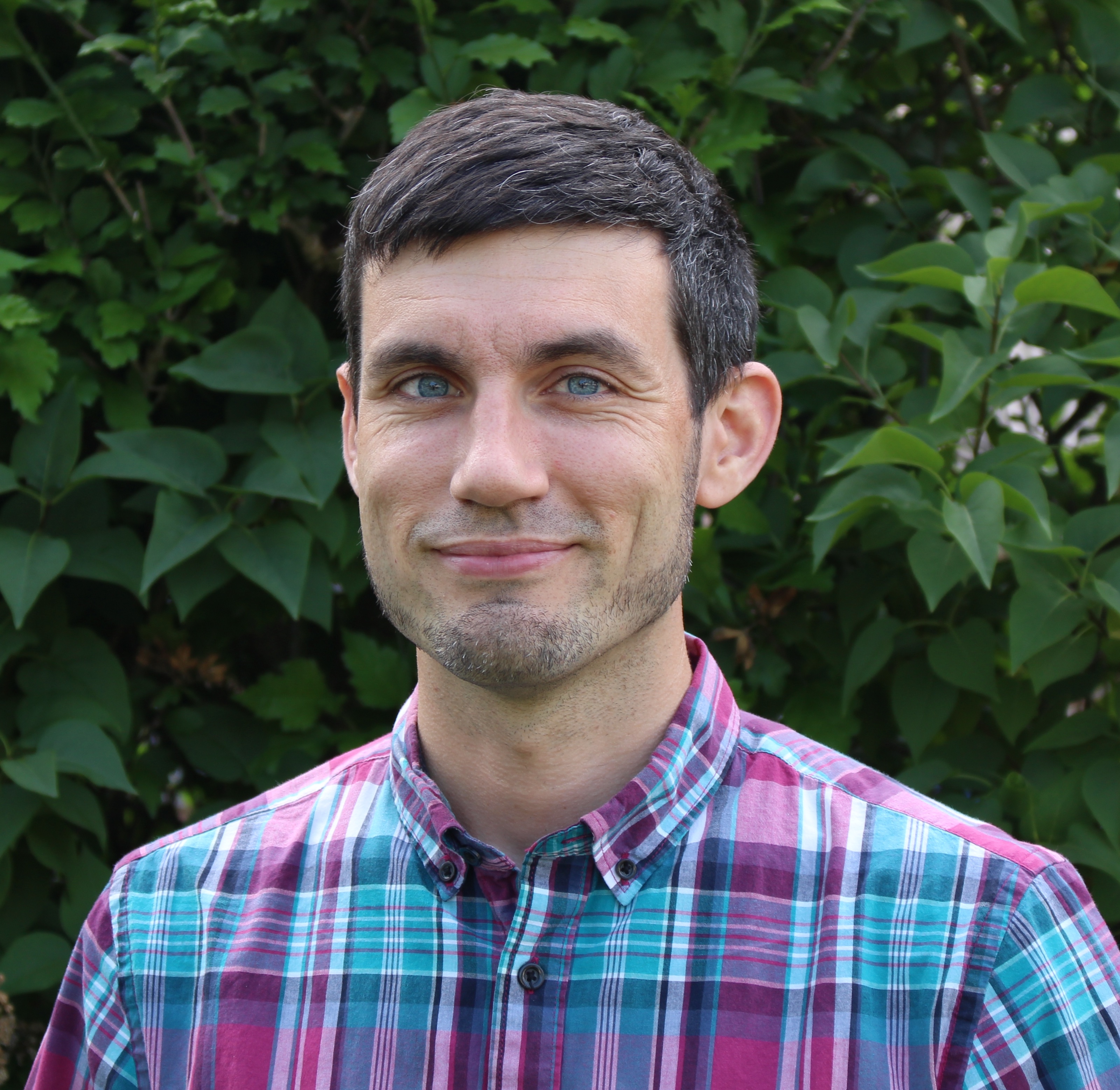 |
James Dechant is a doctoral candidate in Systematic Theology at Fordham University. He holds a B.A. in English and Theology from the University of Notre Dame, an M.S. in Education from Hunter College, and an M.T.S. from the Boston College School of Theology and Ministry. His dissertation, entitled “An Ecological Education: Theological Paths to Liberative Praxis,” explores the role of theological pedagogy in responding to the social-ecological crisis. The project draws on critical pedagogy, hermeneutics, Trinitarian theology, and asceticism in order to imagine how theological education can link individual ecological conversion to broader societal transformation. James’s aim in this work is to chart paths toward a future in which the Catholic tradition does justice to creation and in which theological educators are capable, in the words of Pope Francis, of “helping people, through effective pedagogy, to grow in solidarity, responsibility and compassionate care.” |
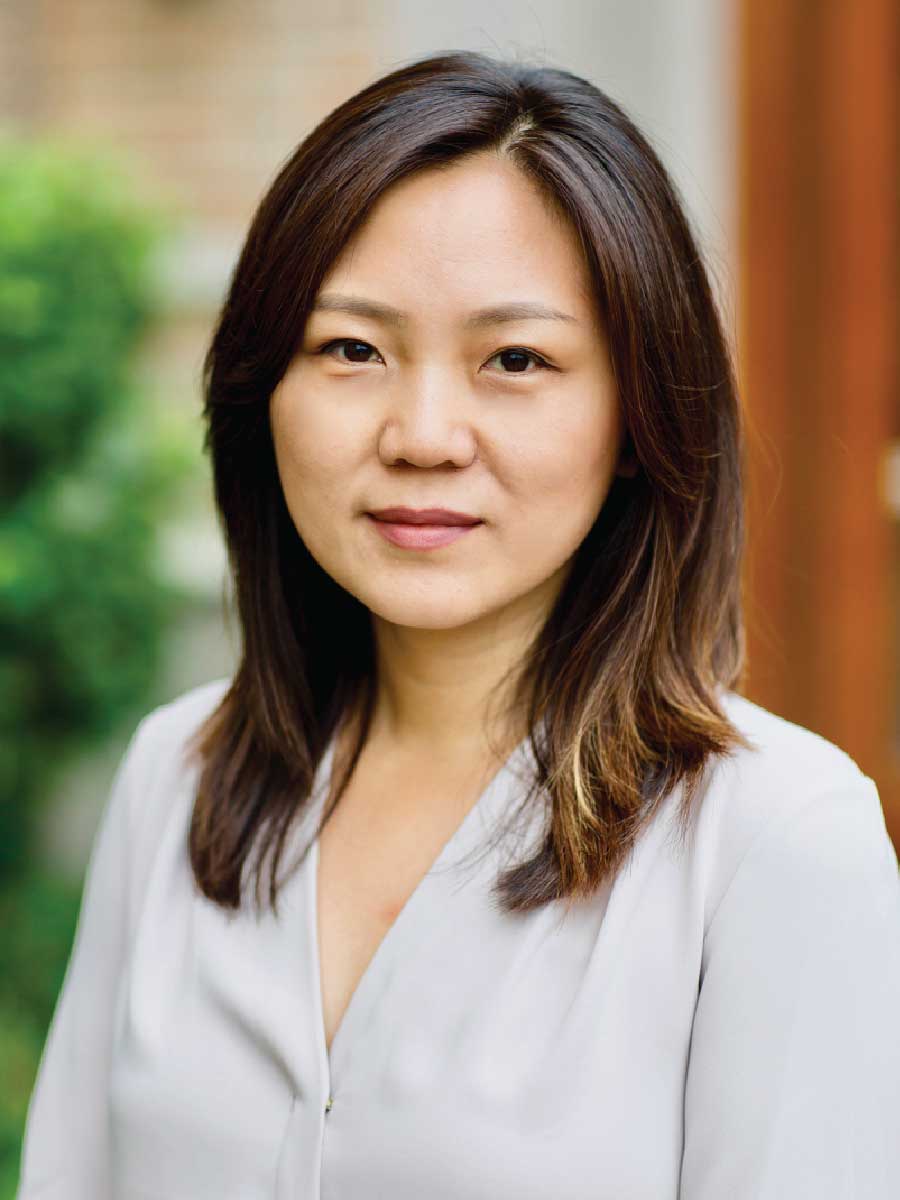 |
Hansol Goo is a PhD candidate in Theology in the area of Liturgical Studies at University of Notre Dame. Hansol holds a Licentiate degree in History and Cultural Heritage of the Church from the Pontifical Gregorian University in Rome, Italy. Her Licentiate thesis, “Benedetto XVI e l’Arte Sacra: Sofferenza e Conversione per Vedere la Verità” is published in Italian, in Pope Art: tra Religione, Estetica, e Spiritualità (G&B Press, 2022). Taking the contemporary issue of migration as a context and a source for theology, Hansol’s doctoral research asks, “How can the experience of migration and displacement deepen our understanding of sacramental participation in the Eucharist and, in turn, help us understand immigrants from a sacramental point of view?” In particular, her research examines the role of memory in preserving, forming, and renewing the sense of self for Korean Catholics in the US diaspora in correlation to the Trinitarian dynamics of anamnesis-epiclesis in the celebration of the Eucharist. Hansol argues that, through the act of remembrance, the believing immigrant is rendered as a liturgical being who is no longer cast away in exile but who stands in the presence of the Lord. |
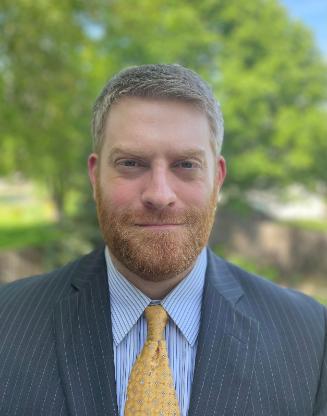 |
Joshua Alan Hoxmeier is a Ph.D. Candidate at the University of Illinois Chicago (UIC). He received a B.A. from the University of Nebraska at Lincoln and an M.A. from the University of Nebraska at Omaha. His dissertation, "Before Revolution and Counter-Revolution: How the Roman Catholic Diocese of Lincoln, Nebraska's Interpretation of Vatican II Explains It's Growth Amid the General Decline of American Catholicism Since the Mid-Twentieth Century," explores how the Diocese of Lincoln, Nebraska bucked national trends of decline in the American Catholic Church. Although labeled as a "conservative and anti-Vatican II" diocese, Lincoln's Catholics in fact saw themselves as its true defenders. The vocational and educational success of this interpretation of Vatican II is one example of a larger trend in Great Plains Catholicism and demonstrates the need for a more nuanced understanding of Vatican II that goes beyond a simple "conservative/progressive paradigm.” |
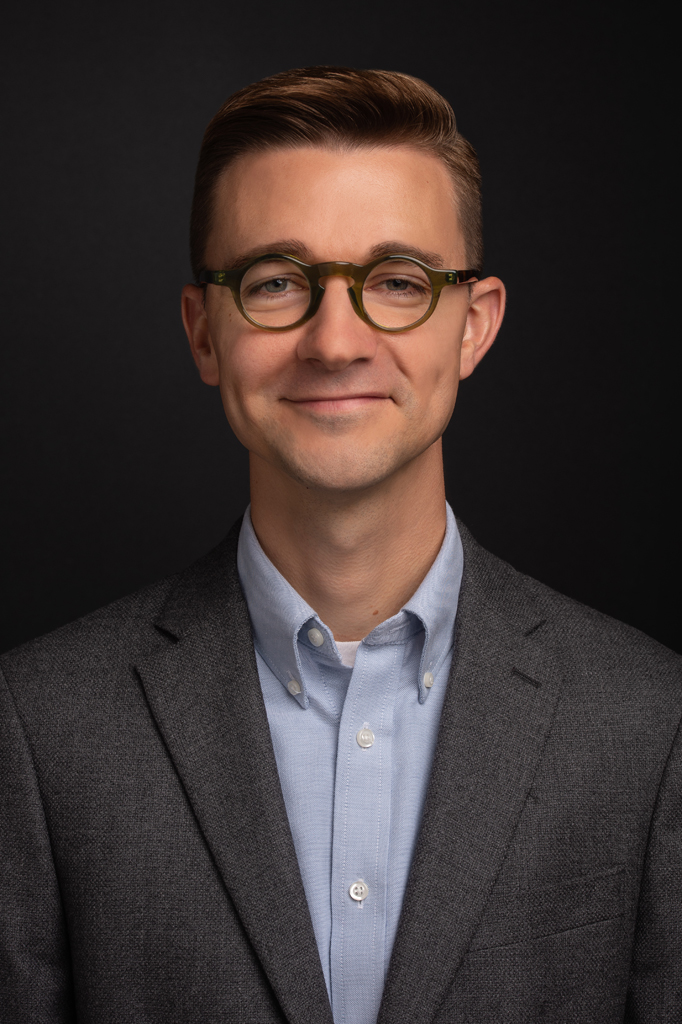 |
R. Zachary Karanovich is a fifth-year Ph.D. candidate in Systematic Theology at Boston College. He received a B.A. in Theology and Philosophy from Marian College (2007), a J.D. from Indiana University Robert H. McKinney School of Law (2014), and an M.T.S. from B.C.’s School of Theology and Ministry (2018). Prior to graduate theological studies, Zac practiced law and worked in religious education and parish ministry. His dissertation, “Conversion in a World of Violence: Toward a Theology of Conversion with Johann Baptist Metz, James Alison, and Thomas Merton,” engages the three title interlocutors’ complimentary contributions toward the development of a holistic understanding of conversion that includes justice, forgiveness, and divinization—constitutive elements of political, communal, and individual conversion. In light of their own lives and theological thought, and conscious of the fundamental and indispensable role of grace in conversion, he draws from them spiritual and ecclesial praxes that can open a person and a community to conversion. Of particular interest in the dissertation is the role of narrative and narrative change in conversion. The project concludes with a case study, applying the principles established in earlier chapters to the issue of racial resentment in our particularly polarized society. |
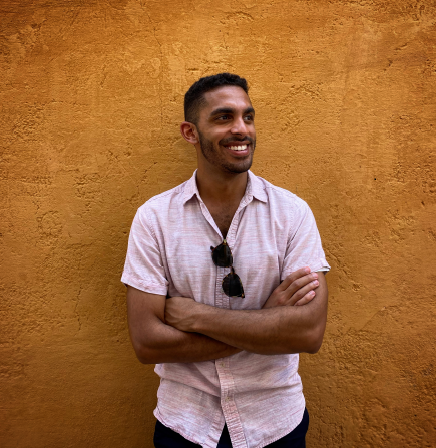 |
Rich Lizardo is a Ph.D. candidate at the University of Pennsylvania who focuses on the history of early-modern Spain. He received his B.A. at Yale University (2015) and his M.A. at Penn (2018), both in History. His research interests include the study of poverty, charity, and poor laws; theories and practices of punishment; Spanish empire and colonialism; national, cultural, religious, and ethnic identities; and intellectual, religious, and cultural history. In his dissertation, “Worlds of Spanish Poverty: Theory and Practice from the Reformation to the Enlightenment,” Rich traces the developments in the ideas and institutions that arose to address the problem of widespread poverty in early-modern Spain. Among those developments are the Scholastic treatises on poverty, the Tridentine reforms of charitable institutions, and the Baroque art and picaresque literature depicting paupers. His dissertation thus engages with fundamental questions of Catholic theology, with major elements of Baroque Catholicism, and ultimately with institutional practices that previewed later developments in Catholic social teaching. |
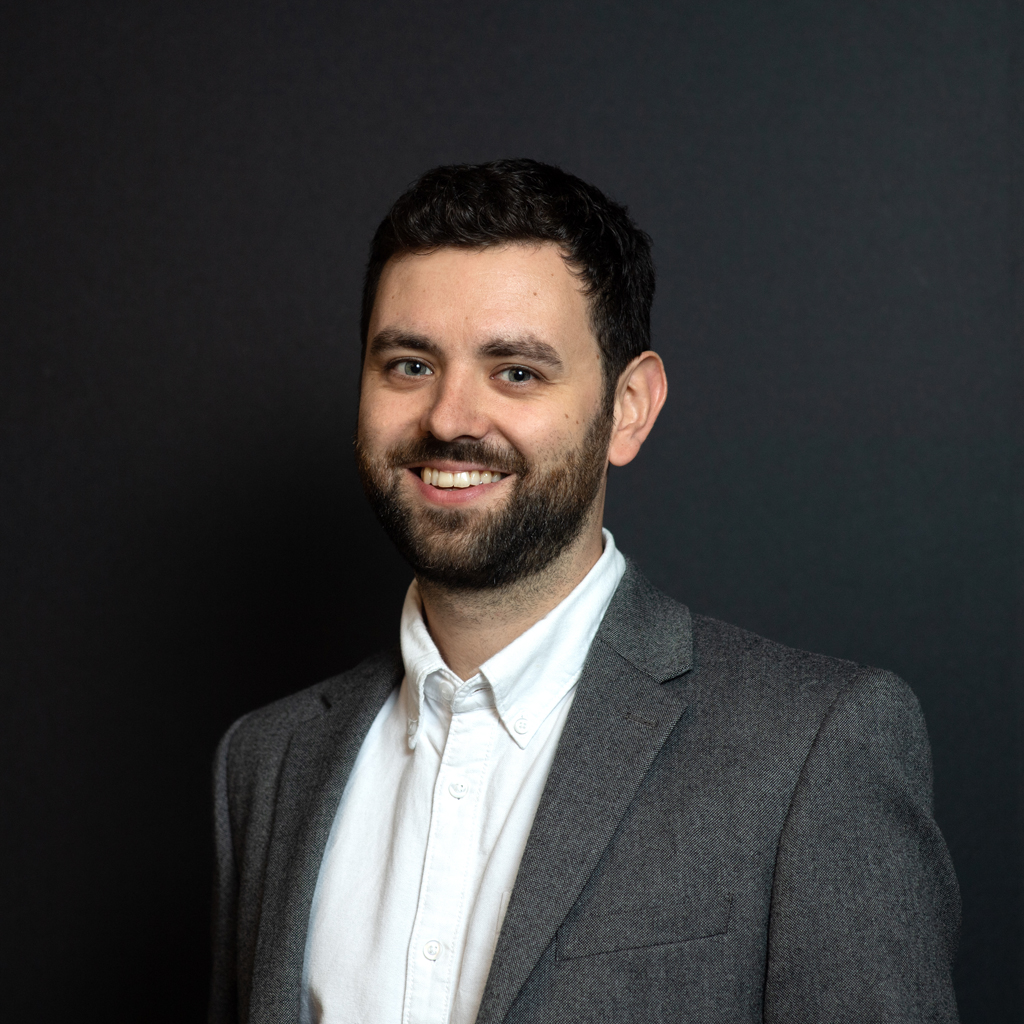 |
Joseph McCrave is a PhD candidate in the Department of Theology at Boston College. He is from the United Kingdom and received a BA in Philosophy and Theology and MPhil in Theology from the University of Oxford. He works in the area of theological ethics, focusing on questions of political theology, virtue, and cross-cultural dialogue. His dissertation explores the personal and political dimensions of forgiveness in contemporary social contexts. This work offers a Thomistic account of forgiveness as a specific virtue, linked to mercy, and ultimately motivated by charity. The project contextualizes forgiveness, as a mode of love, as complementary to repentance and reparations, as modes of justice. It considers ways in which this relationship may be exemplified by communal practices of restorative justice such as ecclesial rituals, circle processes, and truth commissions. |
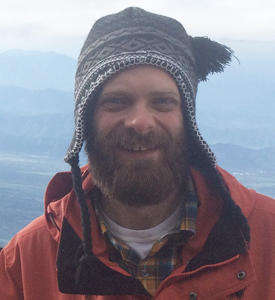 |
Colin McGuigan (M.T.S., Duke University) is a PhD candidate in the Department of Religious Studies at the University of Dayton. McGuigan’s dissertation, tentatively titled “The Paschal Event of Wonder,” treats wonder’s ambiguities: its importance for responding to the environmental crisis and also its tendencies towards dominance, possessiveness, antirational thinking, self-deception, and susceptibility to manipulation by charismatic leaders. The Catholic intellectual tradition is not innocent of the moral, social, and ecological abuses of wonder, but it also provides resources to navigate the impasse of wonder’s promise and peril. To that end, McGuigan draws on Pope Francis/Jorge Bergoglio’s concept of wonder, and the sources of wonder in his intellectual biography, to synthesize a paschal notion of wonder, one that mobilizes the passion’s life-reverencing potential while guarding against exploitative, violent, and demagogic possibilities. |
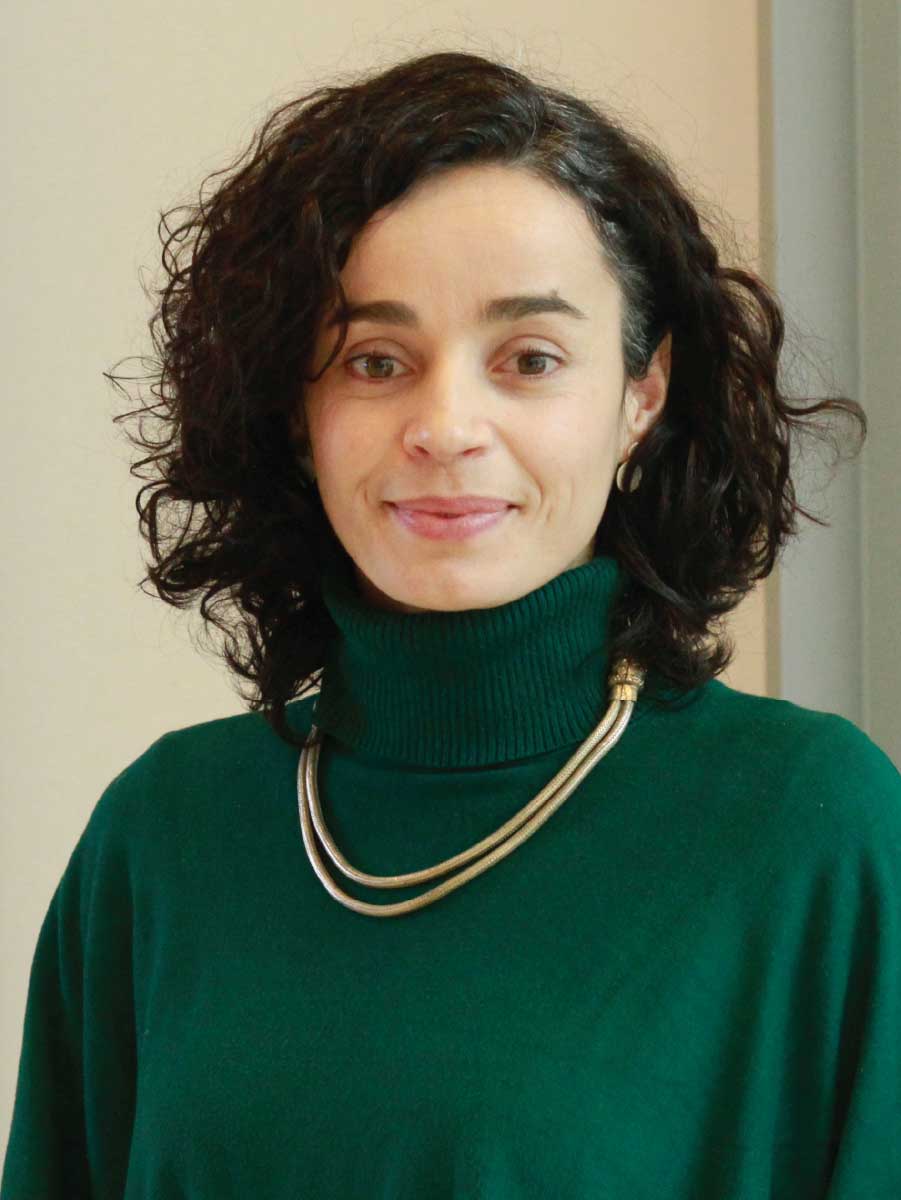 |
Sónia Monteiro is a doctoral candidate in systematic theology and a Senior Teaching Fellow for the 2022-23 academic year at Fordham University. She completed her Master of Arts in Theology at Fordham University (2018). While in Portugal, Sónia completed her law degree (2007) and worked as lawyer for several years.Sónia's dissertation project, written under the direction of Dr. Bradford Hinze, is entitled “Forgiveness: The Human-Divine Ladder in the Abyss of Sin. A Philosophical, Theological, and Political Investigation.” Her dissertation explores, both from a hermeneutical and phenomenological perspectives, the human-divine dynamism in the event of interpersonal forgiveness before radical evil, while considering, at the same time, its implications in the public sphere. Sónia’s investigation of the phenomenon of forgiveness presupposes a critical dialogue between French Continental Philosophy the Catholic theologian, Edward Schillebeeckx. |
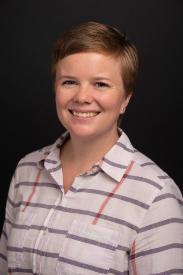 |
Laurel Marshall Potter is a doctoral candidate in systematic and comparative theology at Boston College and an instructor at the Universidad Centroamericana “José Simeón Cañas” (UCA) in San Salvador. She holds a B.A. in Theology and Spanish from Saint Louis University and a Master’s in Latin American Theology from the UCA. Broadly, she studies the intersections among different Latin American theologies, liberation theologies, Catholic theologies, and decolonial studies. Under the direction of Carlos Mendoza Álvarez, Laurel’s dissertation is titled “Que esta misa nos haga soñar: Liturgical Inter-culturation and the Mesoamerican Reception of Sacrosanctum Concilium.” Together with ecclesial base communities and other marginal ecclesial communities in resistance in El Salvador, Laurel’s qualitative research explores their non-normative liturgical practices, asking whether and how these celebrations function as “source and summit” of the communities’ Christian life and discipleship. |
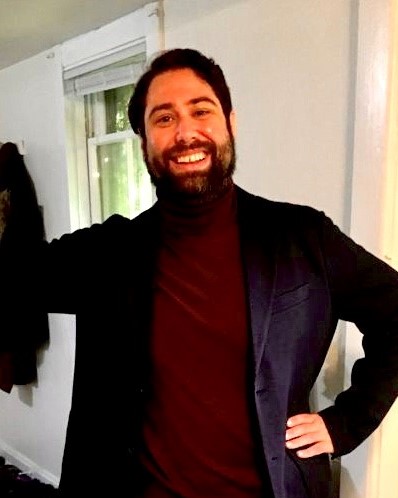 |
Héctor E. Ramos is a PhD student and instructor at Chicago’s DePaul University. He has a BA in philosophy from Macalester College, an MSc degree from the LSE (Political Theory), and an MA degree in Continental Philosophy (University of Warwick). While a student at DePaul, he also undertook a yearlong exchange program at the École normale supérieure in Paris.He is interested in the history of philosophy and contemporary European philosophy, philosophy of religion, and comparative philosophy and theology, particularly as pertains dialogue between Christian and Buddhist thought.His PhD dissertation attempts to bridge the gap between phenomenology and the French Spiritualist tradition, as well as science, theology, metaphysics, and mysticism. |
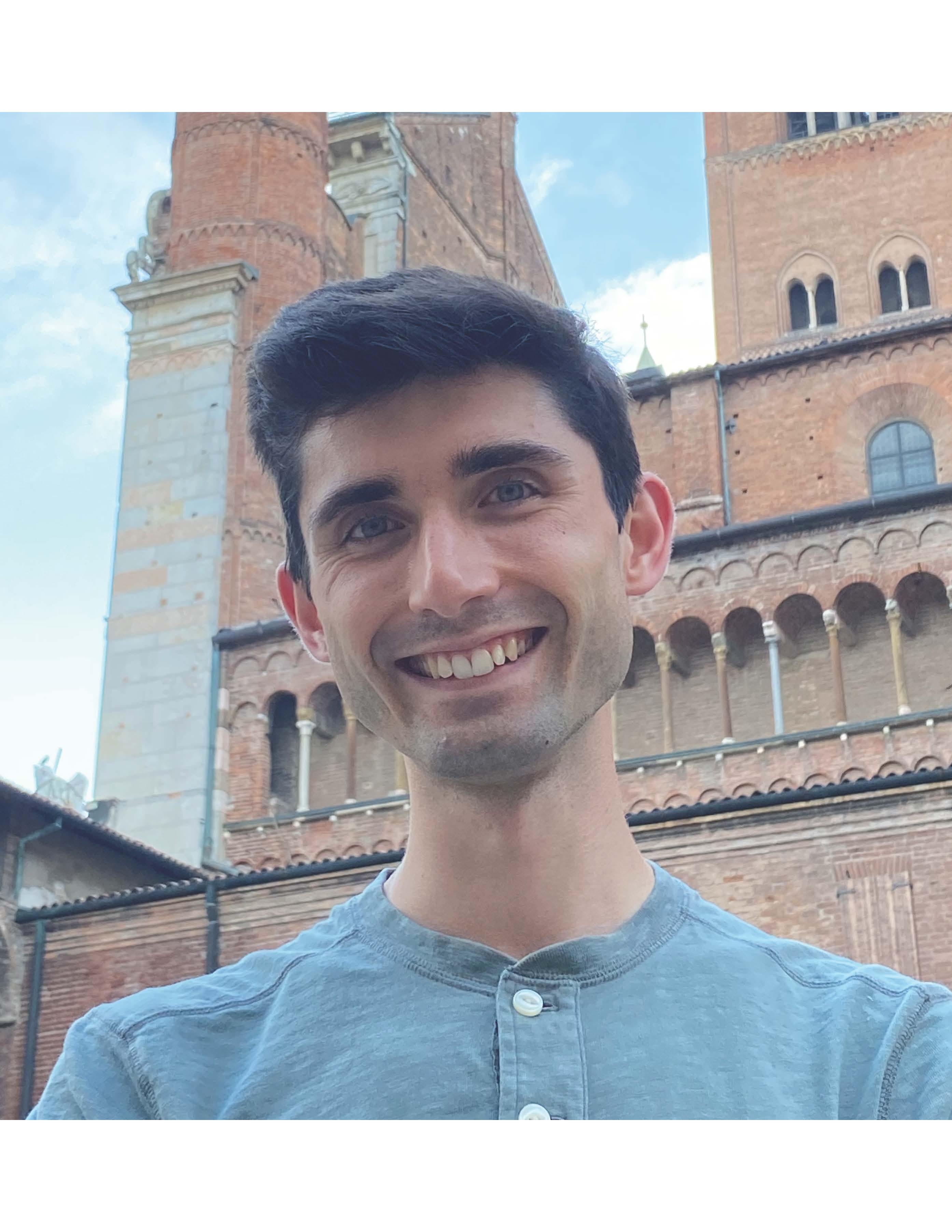 |
Daniel J. Rietze is a PhD Candidate in Italian Studies at Brown University, where he is also completing an MA in Religious Studies. His dissertation, "Catholic Ecology: Reinhabiting Italian Landscapes, 1918-1965," presents an environmental dimension to Catholics' emergence as citizens of modern Europe in the decades preceding Vatican II. For a cluster of Italian Catholic intellectuals including the Christian Democrat Luigi Sturzo (1871-1959) and the liberation theologians Primo Mazzolari (1890-1959) and Zeno Saltini (1900-81), increased participation in Italy's sociopolitical life went hand-in-hand with the renewal of cosmologies that valorized the material earth and emphasized humans' connectedness with their environment: it was a bold vision in an era otherwise marked by the ecological harm done by two world wars, rapid industrialization, and fascism. More broadly, Daniel's research interests include theology and literature; dissent, renewal, and reform in the collective life of the Church; popular religion; and mysticism, especially the World War II-era Tuscan mystic Maria Valtorta (1897-1961) and her Gospel as Revealed to Me. In addition to receiving an MA in Italian Studies from Brown (2019), Daniel holds a BA in English and Italian from Yale University (2016) and is a parishioner at St. Sebastian's Catholic Church in Providence, RI, where he has taught fifth-grade CCD. |
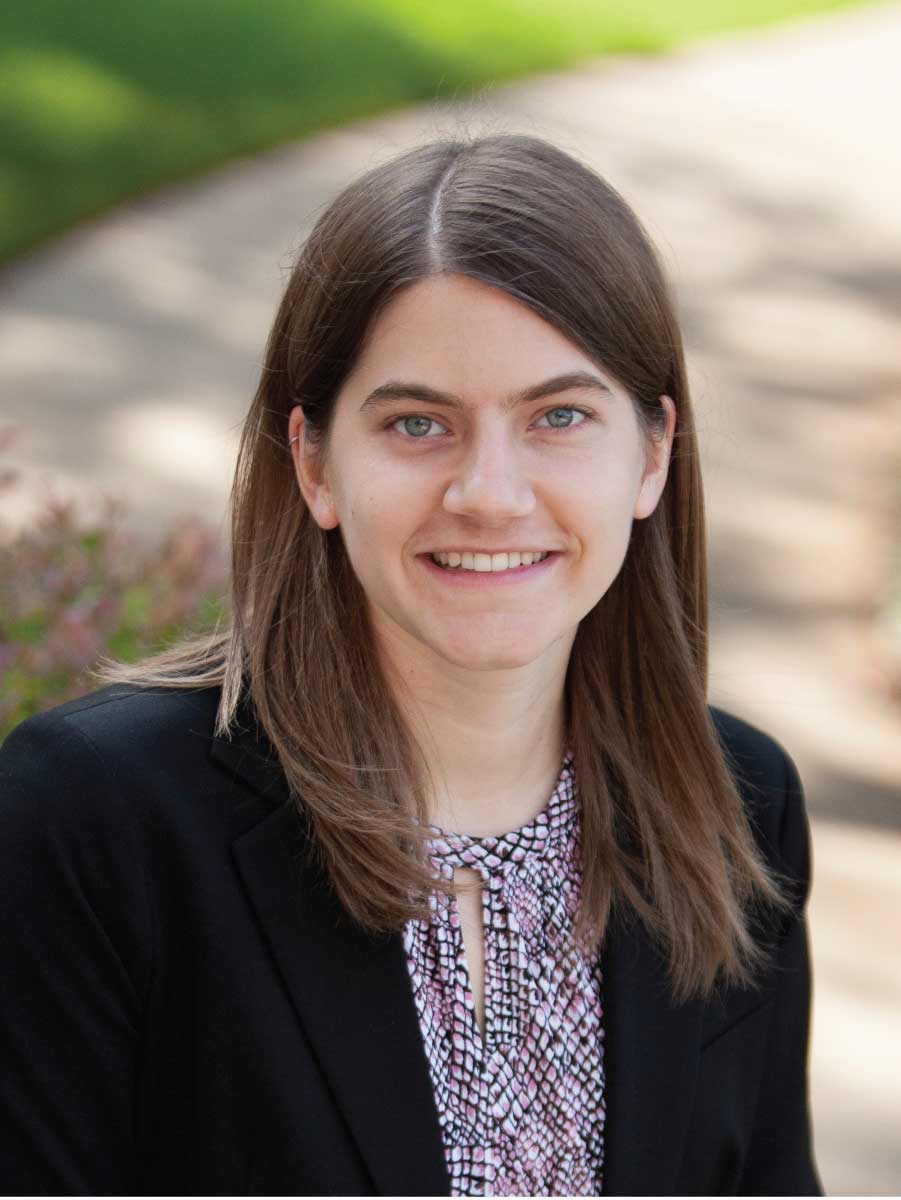 |
Marie Schrampfer is a PhD candidate in systematic theology at Southern Methodist University. She holds an MA in constructive theology from Saint Louis University and a BA in Christian history and theology from Hope College. In her dissertation, she brings two medieval Catholic mystics, Gertrude of Helfta and Johannes Tauler, into the theological conversation surrounding Christian salvation construed as deification. Marie draws from their writings to provide a constructive account of the centrality of the Eucharist in the deification process. She explores how sin fragments and scatters the human person, separating her from God, from others, and even from her own self. Only deifying union with God is sufficient to heal these deep divisions and reunite the fractured self, for sharing in the divine life draws the human person into a unity which is both an image of and a participation in the unity of the Triune God. Marie argues that the sacrament of the Eucharist lies at the heart of this healing, unifying, and deifying process, and her dissertation articulates precisely how and why this is the case. |
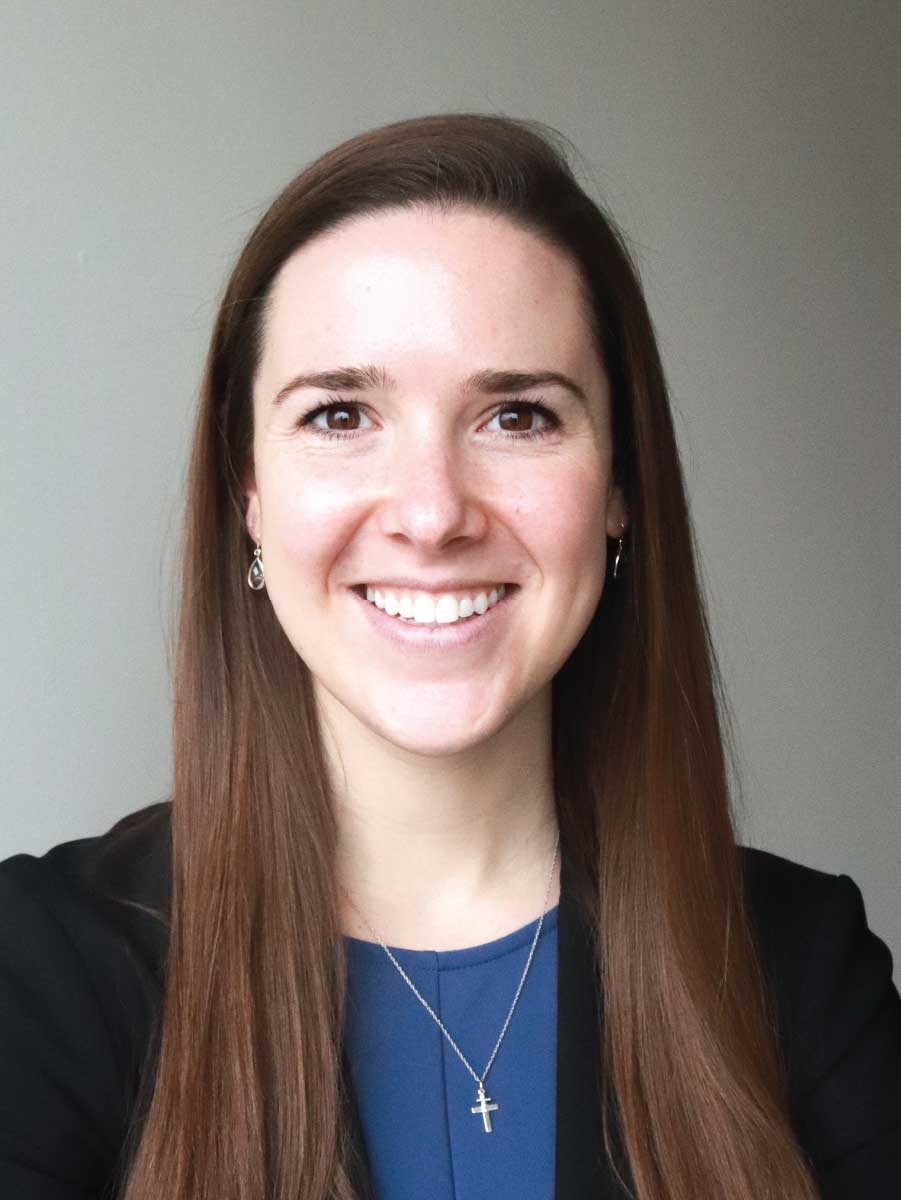 |
Emily L. Sharrett is a Ph.D. candidate in the Department of English at Loyola University Chicago, the Editorial and Program Assistant at the Midwest Modern Language Association, and a 2022-2023 P.E.O. Scholar. She received her Master of Arts in English from Loyola University Chicago after her Bachelor of Arts in English Literature and Political Science from Miami University of Ohio. Titled Eternal City, Earthly City: The Reach of Rome in Early Modern English Literature, Sharrett’s dissertation takes aim at Shakespeare’s so-called “Roman texts,” both drama and narrative poetry, to demonstrate that St. Augustine’s and Aristotle’s figure of the “political animal” exceeds the human. She argues that early modern texts depict human agency in ancient Mediterranean sea- and land-scapes alongside, and often less favorably than, the forces exerted by other creatures, inert matter, or technologies. In doing so, Eternal City, Earthly City adds to literary and theological studies an account of the nonhuman agents that, like humans, hold political and ethical import in Shakespeare’s texts and in the world. Sharrett’s dissertation joins the research culture at Loyola University Chicago that prioritizes the ecologically-attuned objectives of Pope Francis’s 7-Year Journey Towards Integral Ecology by evaluating how the social ecology of past and present answers the cries of the earth and the poor. |

